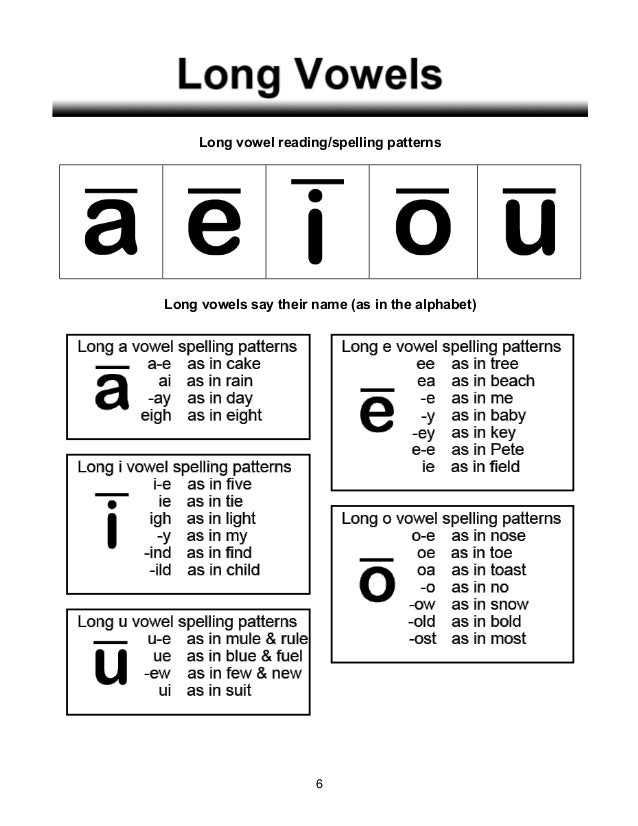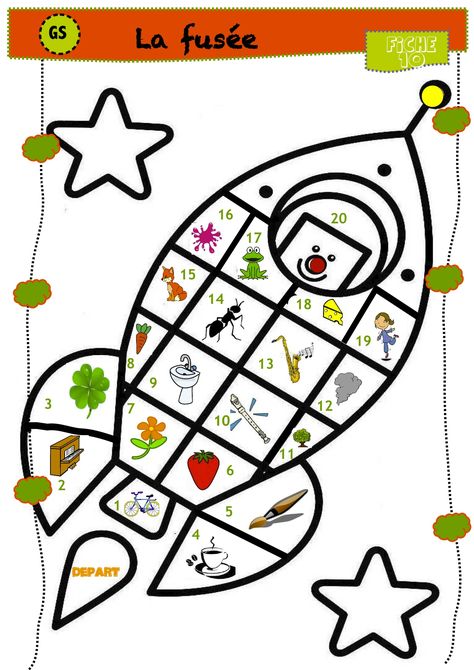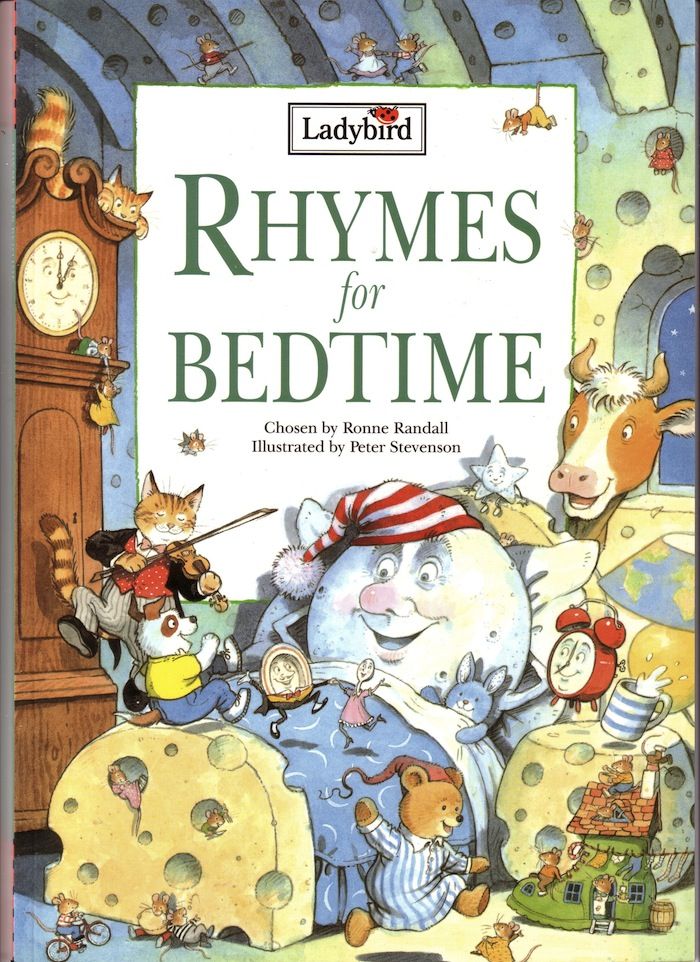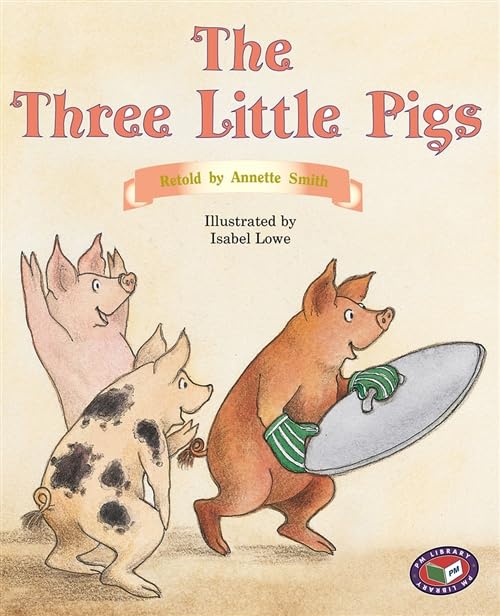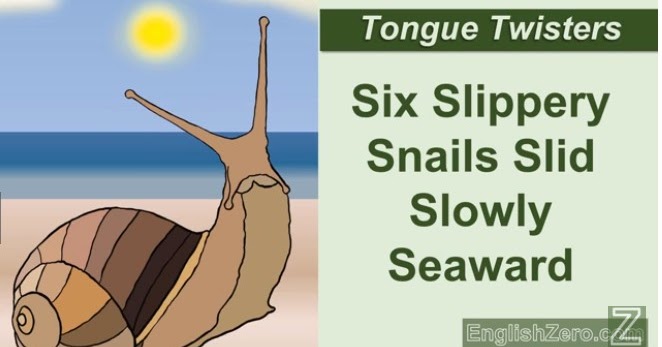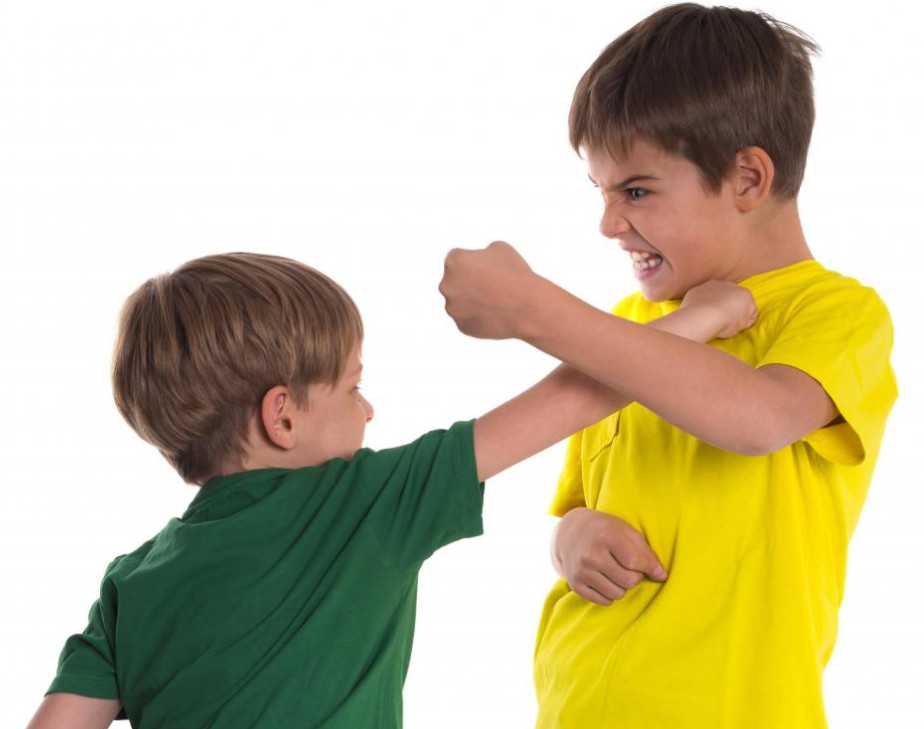What's my reading age
How To Determine Your Child’s Reading Level And Choose The Best Books
When you sit down to read a book, you want to enjoy the story in front of you. The same is true for your child. That’s why uncovering your child’s reading level is an important step in fostering their love of words from a young age!
Consider the different factors that allow kids to enjoy the books they read. For example, does it tie into their interests, and is it slated as an appropriate option for their level? By answering these questions, you can make sure they’re reading books that are just right for them!
If your child is in school, you’re probably no stranger to jargon like “reading level.” But what exactly does Lexile Framework, Guided Reading Levels (GRL), or Developmental Reading Assessment (DRA) actually mean?
Additionally, if your child is just starting to read on their own (or already reading independently) and is learning from home, how can you figure out what reading level is right for them? If any of these thoughts have crossed your mind, you’ve come to the right place.
We’re here to answer your questions so you and your child can sit down and enjoy a good book together!
What Is A Reading Level?
A reading level is simply a measure of your child’s ability to read text. It reflects how well your little one can read independently. Importantly, reading levels help you choose books that are a good match for your child while still presenting a challenge.
Keep in mind these levels are meant to be helpful, not stressful. They don’t limit your child, but, rather, help them blossom into a fluent, excited reader.
When your child reads books that are appropriate for their current reading level, it boosts their confidence so they can truly enjoy reading! Also, knowing what level your child is at allows you to work with them to improve their skills.
That being said, it’s important to remember that children are unique and develop differently. Comparing your child to their peers isn’t necessarily the best approach when trying to assess their reading ability.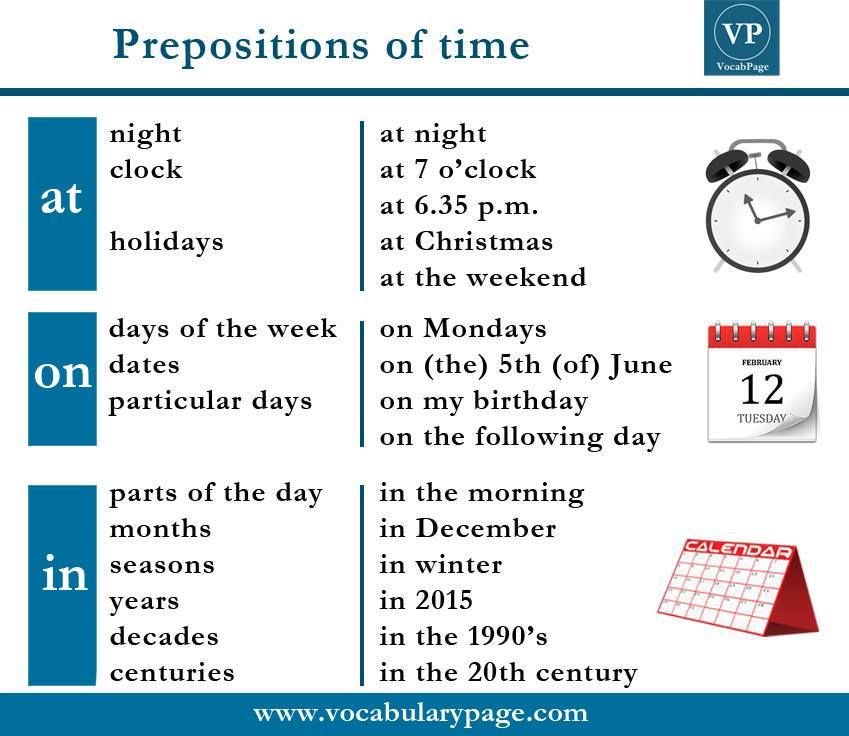
Why Is Determining Reading Level Important?
It’s helpful to determine your child’s reading level so you can find books that are appropriate for them to read on their own: not too difficult but challenging enough to encourage growth.
Reading level classification is a convenient tool you can use when searching online or at the library. And when you provide books that are on your child’s level, you create excitement and build their confidence, which can lead to a lifetime love of learning and reading!
If you’re looking for ways to help your little one read at the best level for them, Our new app HOMER Learn & Grow has a Stories section that gives age-appropriate story recommendations!
This is a great resource that takes your child’s specific interests and recommends stories just for them. What’s more, your child can choose to read along or read on their own.
How Is Your Child’s Reading Level Measured?
Your child’s reading level is usually measured at their school in first or second grade, and we’ll show you how that’s done.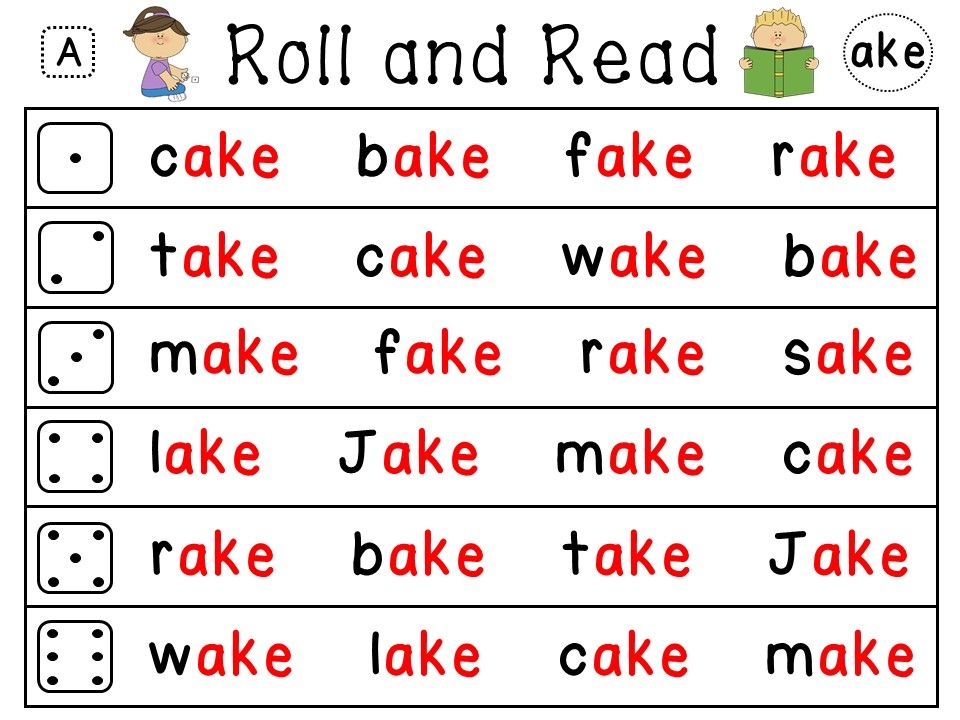 Here’s a tip: since your child’s teacher knows their reading level, consider asking the teacher (or the school librarian) for books your child can read at home.
Here’s a tip: since your child’s teacher knows their reading level, consider asking the teacher (or the school librarian) for books your child can read at home.
Don’t worry if your child isn’t in school yet or if they’re homeschooled. We’ll show you how you can measure their reading level at home, too!
Before we dive in, it’s important to note that we think of books for kids at three levels: independent reading, instructional reading, and frustrating to read.
As the names indicate, independent reading books are ones a child can read with ease and without support from an adult.
Instructional ones are the books just above independent that teachers might use to stretch a child’s reading as they offer support while the child makes that next step. Finally, frustrating books are too hard for a child to read even with adult guidance.
Now that you have an idea of how to think of the different books your child might encounter, let’s talk about the tools used for determining or describing reading levels.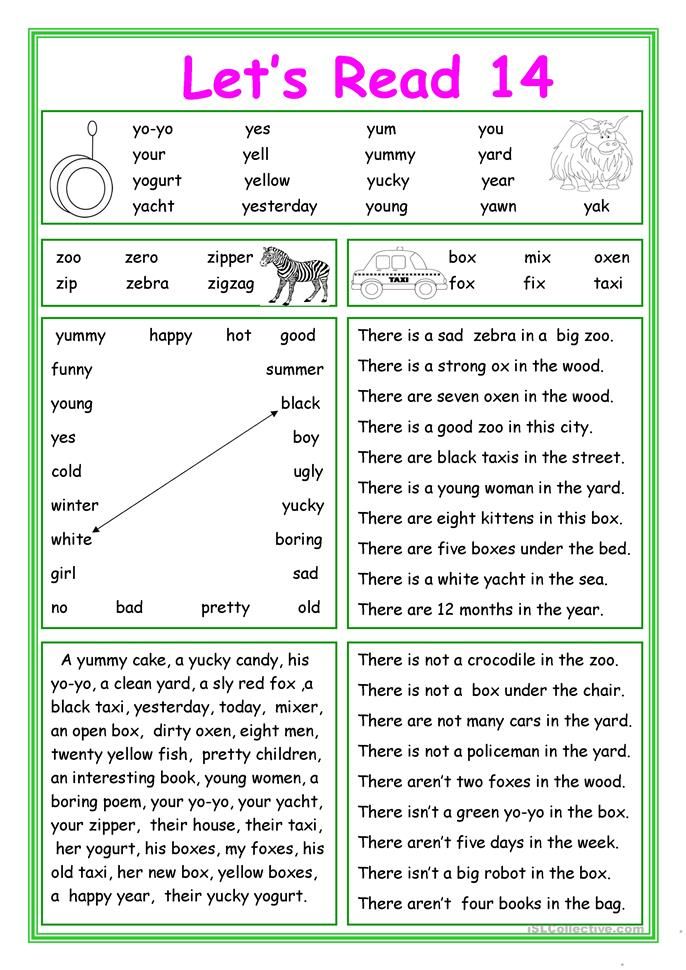
Lexile Framework For Reading
Lexile Framework For Reading is an educational tool that ranks books by order of their difficulty using a scale called a Lexile. Usually, your child’s teacher will determine their Lexile reading level and then choose books that have a matching score.
The Lexile score, or measure, describes your child’s reading ability and matches them with books and other reading materials. This measure ranges anywhere from 0L to 2000L.
Kids are encouraged to read within their Lexile “range” — 50L above to 100L below their actual level. For instance, if your little one is reading with a Lexile measure of 500L, they would read books ranging anywhere from 400L to 550L.
Using standardized assessments, schools will often measure a child’s reading level several times a year to help them select books that are appropriate for independent reading.
Guided Reading Levels (GRL)
GRL is a guided reading system used in some schools.
To determine reading levels using GRL, children sit one-on-one with their teacher and read from a book that’s considered standard for their grade level — a “benchmark” book. GRL books range from A to Z with A being the easiest.
GRL books range from A to Z with A being the easiest.
While reading these books, the teacher will take notes on any missed words and ask comprehension questions, such as, “When did the story take place?” or, “What was the problem in the story?”.
Through guided instruction, the teacher will gradually move children into more difficult books.
Developmental Reading Assessment (DRA)
DRA is a standardized reading test given by teachers or reading specialists. As with GRL, children sit individually with the test administrator and read a book.
Several factors are taken into consideration to determine reading level, including:
- Reading comprehension
- Phonemic awareness
- Fluency
DRA books are labeled with an A for the easiest books and then move into a numerical grading system. The levels range from 1 to 80 with 1-3 representing a kindergarten reading level and 80 representing an eighth-grade reading level.
Once a child has a DRA or a GRL level, a teacher or parent can search for the reading level of any particular book and can usually discover either the Lexile, DRA, or GRL of that particular text.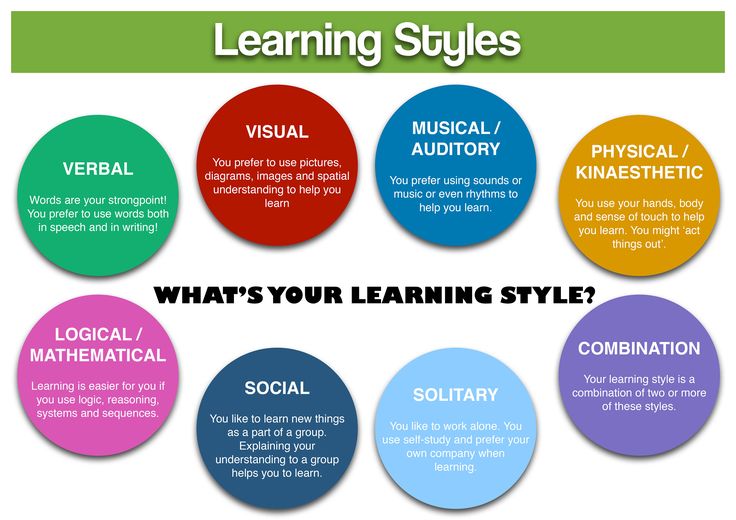 Here’s a chart for your reference.
Here’s a chart for your reference.
At-Home Reading Levels
If you’re looking for a way to find out your child’s reading level without using any of the methods listed above, you might try the five-finger rule.
For the five-finger rule, choose a book and flip to any page. If your child seems to have trouble reading more than five words on the page, it’s a good indicator that the book is too advanced for them.
To be sure, though, you can have your child try another page, especially if they seem eager to read a particular book.
This can be a helpful strategy, but it’s OK to let your child try a book and see how the reading goes. If a book is too hard, most kids will figure that out — and there is nothing wrong with reading books that are too easy!
Sometimes a child may be interested in a book that’s a little too hard for them. If this happens, we encourage you to read aloud to your child. You can also read together by alternating pages, paragraphs, or sentences.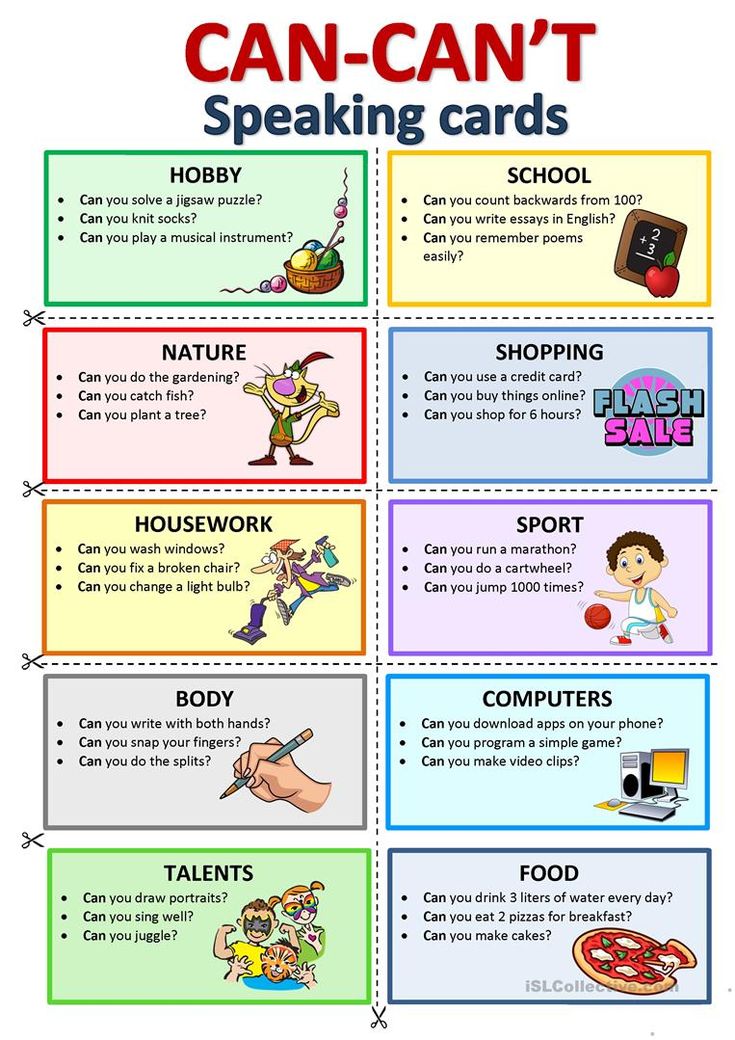
It’s important not to completely avoid books that may be a little above your child’s reading level.
Even if your child struggles a bit to read them without assistance, these books can still be beneficial in helping build their vocabulary, improve comprehension, and increase general knowledge — not to mention, encourage their love of reading!
When your emerging reader seems overwhelmed by one book, you can always give the five-finger rule a try with other books until you find the right match. And if your child is particularly interested in a topic, you can always read the book to them and stop on words you know they can read.
Also remember that when a child is really enjoying a book and highly motivated to read it, they will read at a higher level than if the material is not as interesting to them.
Tip: Most libraries and bookstores have books arranged by reading level so you can easily choose the best one for your emerging reader!
Feel free to ask librarians and knowledgeable staff at bookstores to offer suggestions.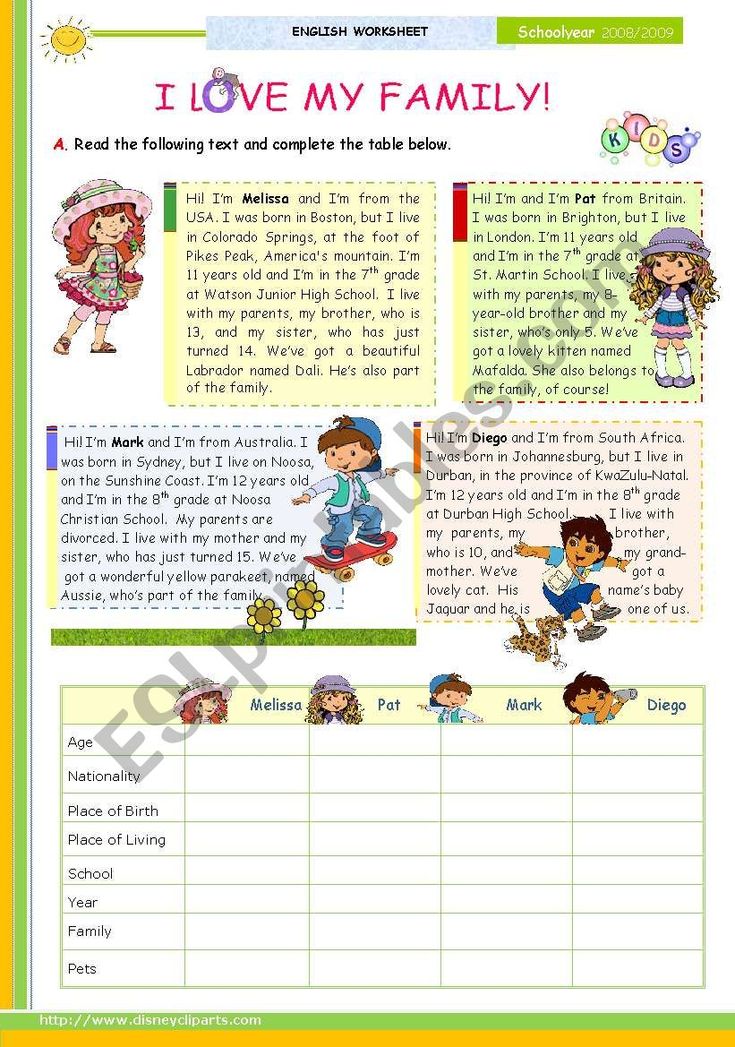 You could even say something like, “My child happily read a Clifford book; can you suggest others at the same level?”
You could even say something like, “My child happily read a Clifford book; can you suggest others at the same level?”
How To Help Your Child Become A Stronger Reader
As we mentioned earlier, you can easily determine your child’s reading level at home so that you can help them choose books that are just right! We suggest incorporating some of the tips below to help your child become a stronger reader.
Start With Clues
- Is your child using “sounding out” techniques to figure out unknown words?
- When your child reads, are they getting tripped up by sight words — common words that are hard to sound out?
- Is your child using pictures to help them understand what is written on the page?
- Is your child using context clues to figure out what word makes sense to come next as they read sentences?
Check Vocabulary
- Play games with your child to see what words they know. For example, say a sentence and point out one word in the sentence.
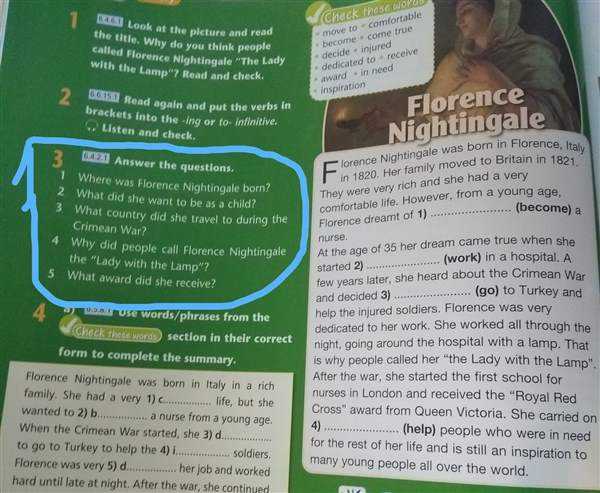 Then ask them if they can come up with a different word (synonym).
Then ask them if they can come up with a different word (synonym). - Play synonym games to see what words your child knows. For example, challenge yourselves to think of 10 or more ways to describe speaking (shout, whisper, mumble).
While you’re talking with your child, describe something specific from your day. Make sure to use interesting adjectives, and don’t hold back from using sophisticated vocabulary when talking with your child.
You can help your child’s vocabulary grow through day-to-day conversations and activities!
Ask Comprehension Questions
Understanding what they read is an important part of your child’s reading journey.
- To check for reading comprehension, we suggest pausing every other page to talk about what you’ve just read. Make this a natural reaction to the story, like you’re thinking aloud about the story or characters, so that it doesn’t feel like a test.
- Consider encouraging your child to act out and retell the story (for younger children).
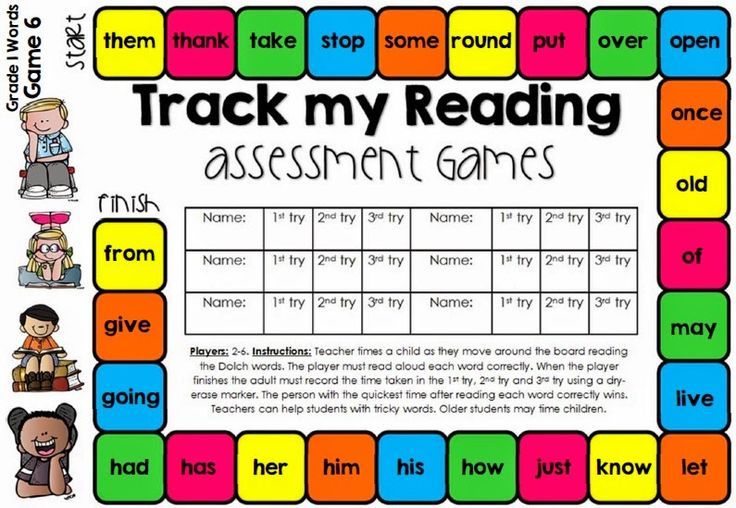
- Try discussing themes/lessons with your child (for older children). Remember: this isn’t a test, but a conversation between book lovers!
Talk To Your Child
When most people implement strategies to help their children improve their reading skills, they often forget about the importance of verbal communication. It’s essential to talk to your child frequently in short and simple sentences.
This includes singing songs, telling them wonderful stories, reciting fun nursery rhymes, and describing the world around them. All of this exposes children to lots of different words. It also helps them learn that language is a powerful tool for communication.
Discover Your Child’s Favorite Books
- Children often choose books that are a little below their actual reading level. At home, this is a good thing. It keeps reading fun and exciting!
- We recommend choosing books that interest your child — with a certain character or activity they like — so they’re curious and excited about reading.
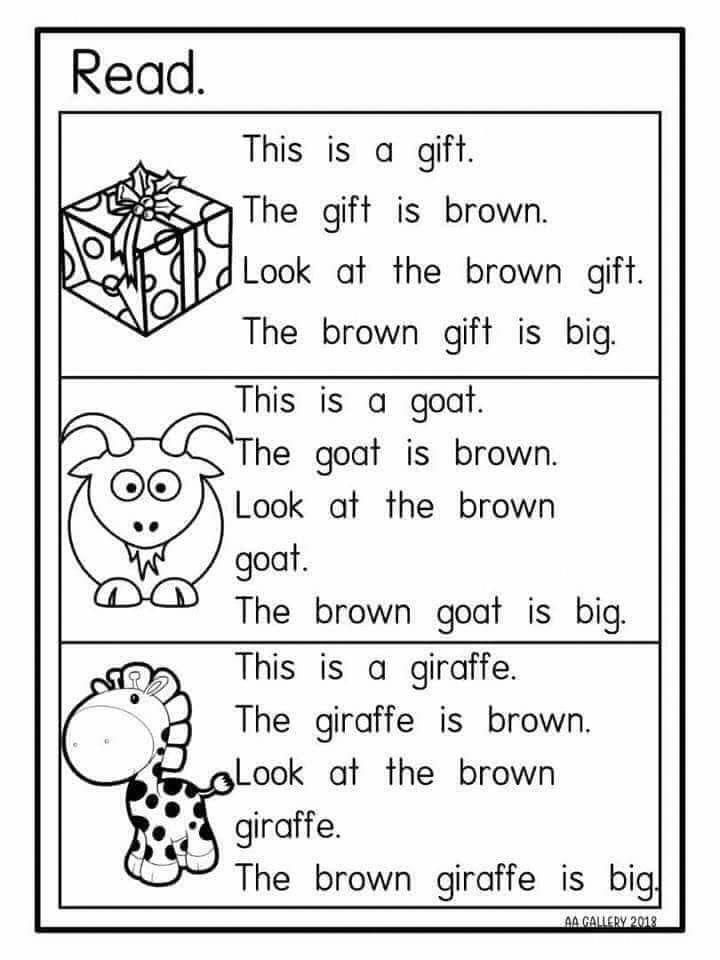
Reading books your child enjoys together can encourage their love of reading. And letting them read those same books to you can boost their confidence over time.
Together, these two activities increase your child’s fluency and reading enjoyment!
Create A Reading Corner
Establishing a reading corner in your house can benefit your child. The setup doesn’t need to be elaborate. This can be a simple, quiet, private area where your child can confidently read independently or with you.
It’s also great for the spot to be well-lit and filled with lots of books your child enjoys reading.
Is Reading The Same Book Over And Over OK?
Just like you might pick up an old favorite book to read, your child may do the same, and that’s OK! At least you know they’re enjoying a good book and the process of reading!
Rereading books can have many benefits for a child, including:
It allows children to get more from the text. Have you ever developed a deeper understanding of a story after rereading it? That’s because the more you engage with a story, the more you can take away from it.
You can pick up on new information, establish connections between yourself and some of the characters, and even improve your understanding of the overall story.
Similarly, allowing your child to read their favorite books for the second, third, fourth (or more) time will enable them to get more from the story.
It also allows for bonding. Did you know that rereading books can help bring your family closer together?
Many of us remember a couple of books that our family read together regularly. This can be a holiday book or a favorite story. Rereading is a great way to get the whole family involved, as everyone can take turns reading and connecting on the same story.
What’s more, reading familiar books can actually help develop a young reader’s fluency. It allows them to learn the words and helps them become familiar with narrative structure or storylines (i.e. beginning, middle, and end), which builds reading comprehension later on.
So feel free to let your child choose the same book over and over!
FAQs About Reading Levels
What Reading Level Should My Child Be In Each Grade?
It’s challenging to answer this question because each child is different and will naturally develop at their own pace.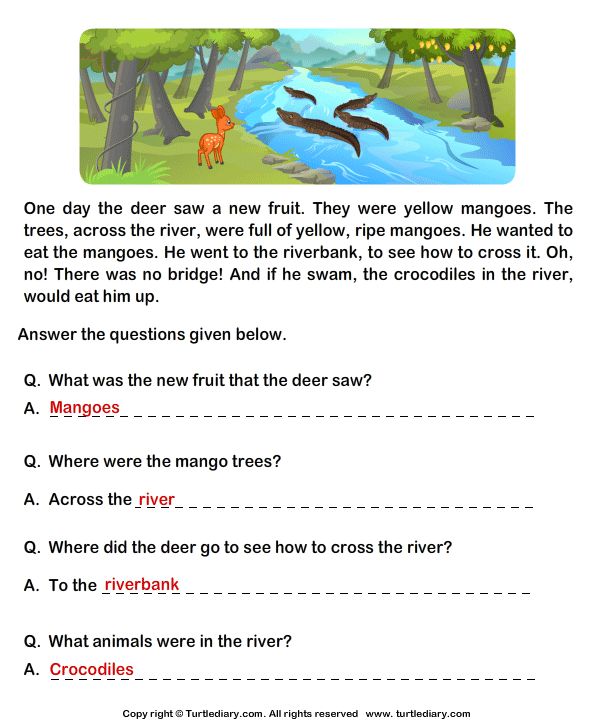 For example, just because your child’s friend has started reading fluently doesn’t mean your child will be able to do that yet.
For example, just because your child’s friend has started reading fluently doesn’t mean your child will be able to do that yet.
While no parent wants their own child to be a little behind compared to their peers, putting too much pressure on them to “catch up” might actually have an adverse effect. In fact, they might feel overwhelmed by the pressure and develop a negative attitude toward reading.
It’s also important to note that there’s no direct link between a certain Lexile measure and a specific grade level. When using any of the reading level measures we mentioned, remember that they are an estimate of a child’s performance and shouldn’t be interpreted literally.
Also, if you’re really concerned about your young learner’s development, you can always address those concerns with their teacher or another professional. They can offer tips and advice on how to best work with your child.
Finally, remember to be patient and positive no matter what. With lots of time and effort, your child will develop a lifetime love of reading!
Who Can Help Me Choose Books That Match My Child’s Reading Level?
The best place to start is to consult your child’s teacher.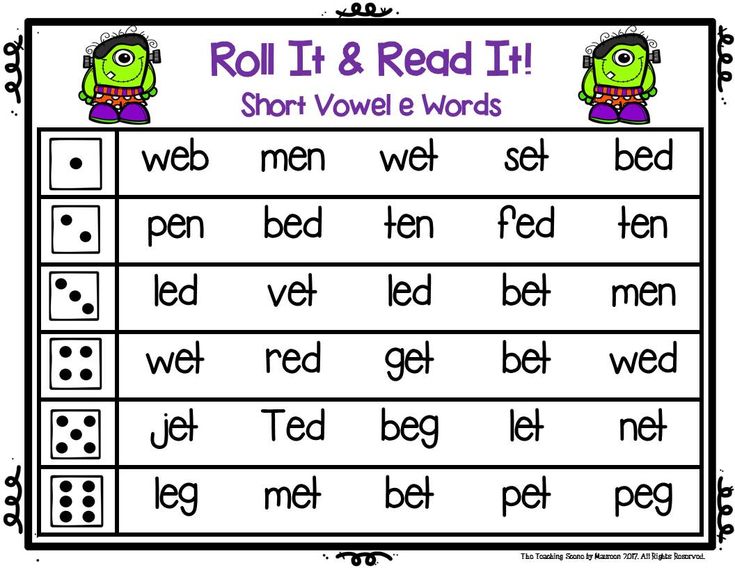 They will have the expertise to guide you in buying the right books for your child.
They will have the expertise to guide you in buying the right books for your child.
It’s also possible for you to look up most books online and find their reading levels. Furthermore, for beginner readers, there are publishers who label books in stages with age and/or grade suggestions attached.
If you’re homeschooling, you can also reach out to your local librarian or bookstores. As people who spend each day surrounded by books, they often have knowledge on this topic and may be able to recommend a few relevant books in your child’s reading level.
What If My Child Is Reading At A Lower Level?
The last thing a parent wants to hear is that their child’s reading level isn’t on par with their peers. But what can you do if, from the assessment used at your child’s school, you find out that your young learner is reading below the average grade level?
Firstly, it’s important not to panic. As mentioned earlier, kids develop reading skills at different stages of their development.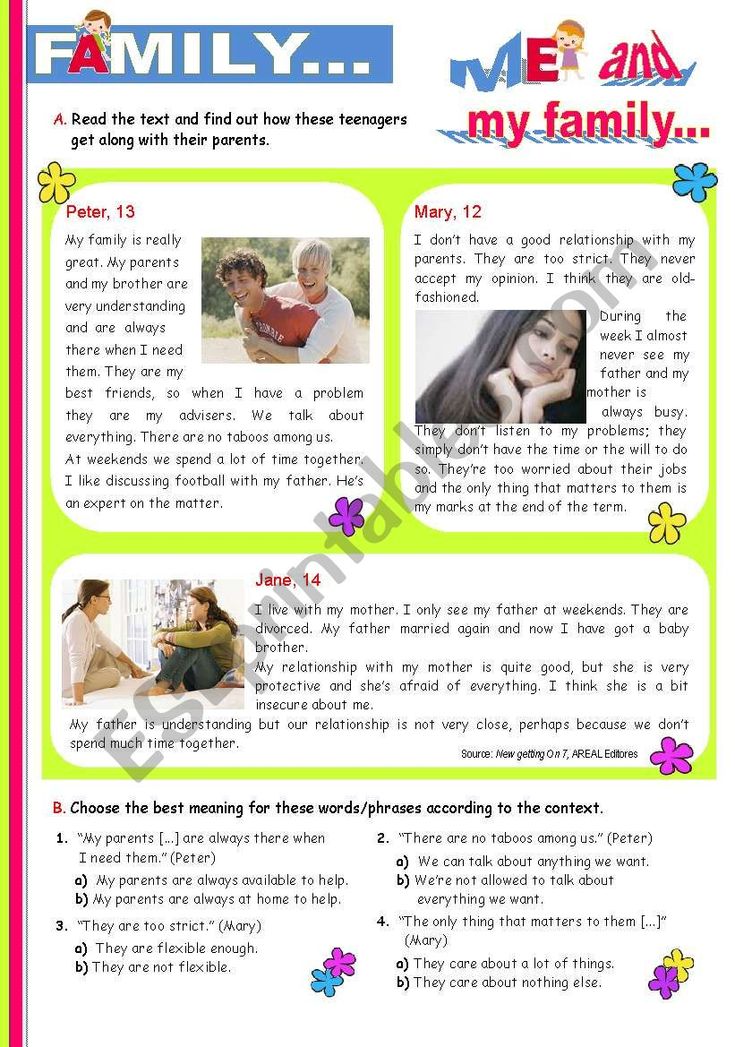 Some children might be early readers, while others may take time to get there.
Some children might be early readers, while others may take time to get there.
The most effective way to help your child improve their reading level is by continuing to encourage reading at home. While reading, remember to discuss the content to ensure comprehension.
Reading For Fun
From assessments to the five-finger rule, determining reading levels varies across the board. No matter which method you choose, remember these measurements are meant to be helpful and encouraging, not stressful and limiting.
Keep this in mind when assessing your young learner. You don’t want your child to sense any stress about their abilities, as this might overwhelm them and have an adverse effect on how they view reading.
While reading is an essential early learning (and lifelong) skill, you want your child to LOVE reading and not only view it as a test of their intelligence.
At the end of the day, the way reading makes your child feel is more important than their reading level.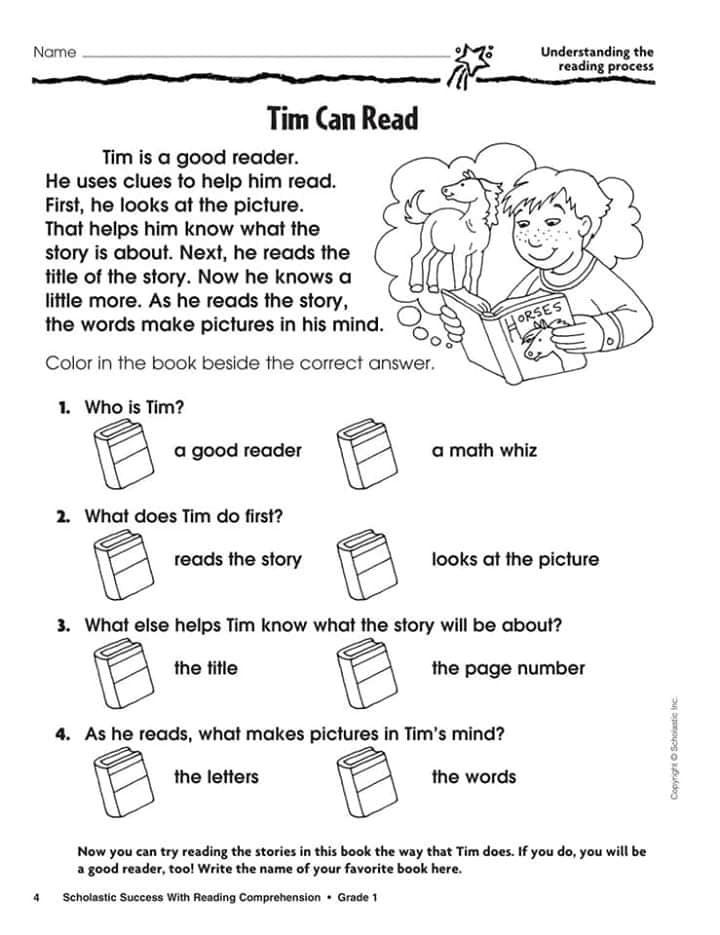 Each child learns in a way that’s special and unique to them.
Each child learns in a way that’s special and unique to them.
The HOMER Road To Reading
The road to discovering how to read can be a fun ride, but sometimes it’s bumpy. This is why we’re more than a learning program. We’re your learning partner.
If you’re looking for a resource to help develop your child’s love of reading and learning, consider taking a look at the HOMER Learn & Grow app. It’s full of stories curated based on your child’s interests!
When your child develops a love for reading, they’ll move up to the next level before you can say “Developmental Reading Assessment”!
Author
See if you could pass this reading test for 10-year-olds
Britain is a nation of avid readers, with 92% saying they enjoy or love reading according to our recent survey.
The pandemic also encouraged and enabled us to read more, with one in four (26%) Brits getting stuck into more books during the lockdowns.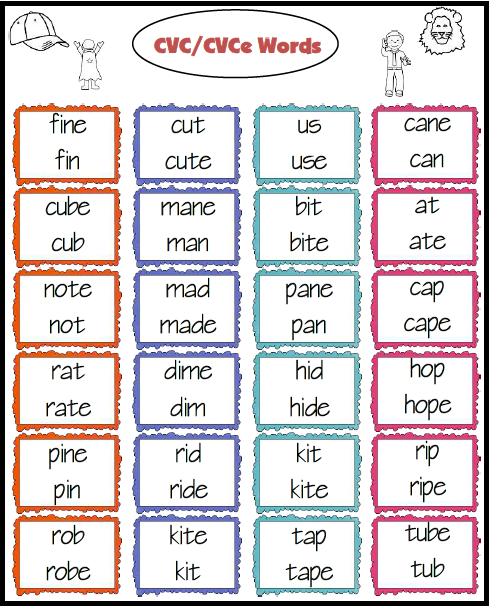
But not everyone has much time for reading now things are back to normal, in fact, one in eight (13%) told us that they’re rarely reading atm due to having limited free time. This in turn could explain why 6.2 million Brits can’t remember the last time they picked up a book and read for pleasure!
As with anything, if you don’t practice it then you could find your reading pace slows down or your vocabulary is less extensive.
If you’re wondering whether your reading skills are up to scratch, this five-minute, ten-question quiz will test whether you can read as well as a 10-year-old can. The test will look at your reading speed, as well as your reading experience and comprehension (how much you take in when you’re reading) At the end of the quiz, you’ll get a score out of 100, along with your reading age and a pass or fail, based on whether you can read as well as a ten-year-old. Why not see how you do?
Powered by Quiz Maker
How did you do? If you didn’t get the result you were hoping for then don’t despair – there are things that can help.
According to our survey, 1.6 million Brits struggle to read due to poor eyesight. Poor eyesight can cause reading difficulties, whether you’re straining to see a restaurant menu or struggling through your favourite book. If your eyes are having trouble focusing on objects up close, this could be because the muscle surrounding the lens of your eye has become more rigid – a phenomenon called ‘presbyopia’. When you are younger, your lenses are more flexible and softer, so can focus on things more easily. As the muscles become more rigid with age, this becomes more difficult.
So, if you’re not able to read as quickly as you used to, your eyesight may play a part in this. While there’s no way to turn back the clocks, booking an eye test to see if you might benefit from contact lenses with a prescription or glasses may help with this.
Get back into a regular reading routine in 2022If you’re interested in reading more in 2022 then you’re not alone! One in five (19%) told us that they’re planning on setting this as a resolution for next year.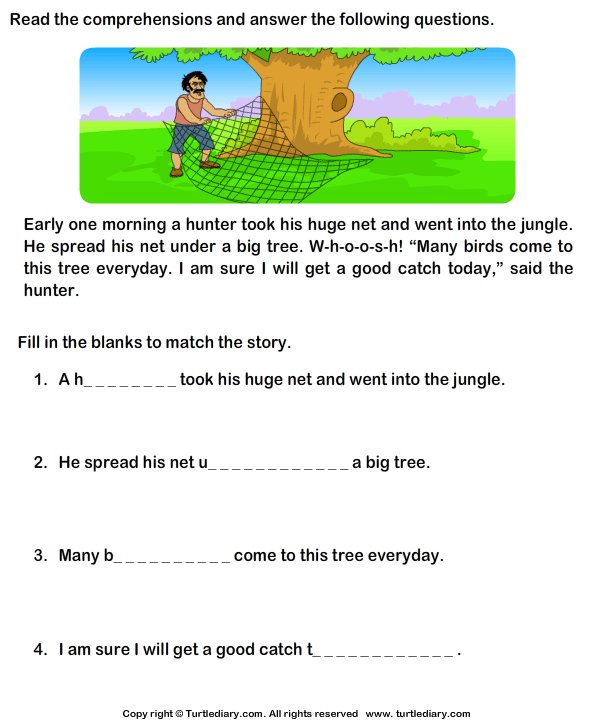 Some people find that setting themselves a monthly or an annual reading ‘challenge’ - such as dedicating a certain amount of time each week, or trying to read a specific number of books - can really help them get back into a regular reading habit.
Some people find that setting themselves a monthly or an annual reading ‘challenge’ - such as dedicating a certain amount of time each week, or trying to read a specific number of books - can really help them get back into a regular reading habit.
Everyone enjoys slightly different reading materials too, but whether you like to flick through the latest fashion magazine, or prefer to get stuck into a sci-fi novel, there are countless options out there for you to enjoy. Diversifying the types of books you read can help expand your language as well, which is something to consider if you struggled with the first two sections of our test.
We prepared our test using information from...
https://www.kidspot.com.au/parenting/preschool/spelling-bee-words-910/news-story/d2c32eb9af7b81043c71eb0a7d484809
https://toe-by-toe.co.uk/wordpress/wp-content/uploads/2021/07/Reading-Test-V3.pdf
https://www.penguin.co.uk/articles/children/2017/9-must-read-classics-for-9-to-12-year-olds.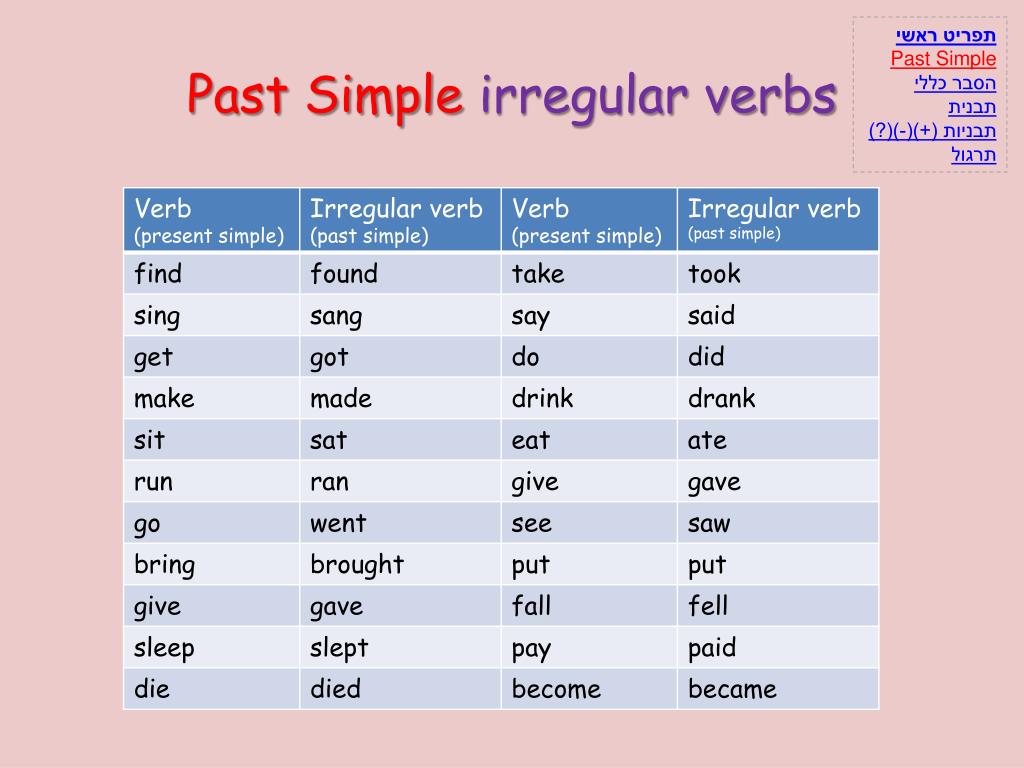 html
html
https://www.mkewithkids.com/post/top-25-classic-novels-your-kids-will-love/
https://www.lovereading4kids.co.uk/blog/collections/50-classic-books-every-child-should-read-6074
https://www.gutenberg.org/files/27805/27805-h/27805-h.htm
http://www.freereadingtest.com/
https://scholarwithin.com/average-reading-speed
https://sedl.org/reading/framework/assessment.html
https://www.nspt4kids.com/therapy/how-fast-should-my-child-be-reading-north-shore-pediatric-therapy/
About our survey...
- 2,000 UK adults
- Three questions were asked in total
- Run in November 2021
- Data split by respondent age, gender and nearest city
- Population stats from - https://www.worldometers.info/world-population/uk-population/
mso-ansi-language:EN-GB">
mental age test
This is a Japanese test called 《精神年齢チェック》 Please answer all questions.
Test results have nothing to do with IQ.
My current age: Mystery
Loading...
-
I am a man of principles! No0003
-
I prefer friends, older than the age of
yes
no
I don’t know
-
I hate to get up early in the morning
yes
No
I don't know
-
hair
Yes
No
Don't know
-
I tell myself to lift my head off my pillow every morning when the alarm goes off
Yes
No
Yes - it has never been just
no
I don’t know
-
I have a dream
yes
no
I don’t know
-
Life has slightly patted
and
not
I know
-
Sometimes I lose: time, money, crumbs, etc.
Yes
No
I don’t know
-
I can easily kill a cockroach with a book
Yes0003
I don’t know
-
I don’t want to live alone
yes - Line is sad
No
I don’t know
-
I want to live up to an old age
yes
No
I don't know
-
Sometimes I make fun of others
Yes
No
Don't know
-
I'd rather stay at home than travel
Yes
No
Don't know
-
I do not like to read books
Yes, I don’t like
, I love
I don’t know
-
I have plans for the near future
yes
No
I don’t know
-
sometimes so I want to sing
Yes
No
I don't know
-
I prefer to live outside the city rather than in a huge metropolis
Yes
No
I don't know
I don't know
0002 I often make fun of
yes
no
I don’t know
-
I am a very emotional person
yes
No
I don’t know
-
I feel confident exclusively when everything goes according to the plan
No
Don't know
-
My work is always ready on time
Yes
No
Don't know
-
0 My gender:
0003 - Up to 2 months - the neonatal crisis.
- Up to 1 year - infancy.
- In 1 year - the crisis of one year.
- Up to 3 years - early childhood.
- In 3 years - the crisis of three years.
- Up to 7 years - preschool age.
- At 7 years old - the crisis of seven years.
- Under 12 - school age.
- At the age of 13 - the crisis of 13 years.
- Up to 17 years - puberty.
- At the age of 17 - the crisis of 17 years.
- Early adulthood - from 21 to 25 years.

- Average adulthood - from 25 to 40 years.
- Late adulthood - from 40 to 55 years.
- First adult age - 22-28 years (M), 21-26 years (F).
- Second adult age - 29-35 years (M), 27-32 years (F).
- First mature age - 36-45 years old (M), 33-40 years old (F).
- The second mature age is 46-55 years old (M), 41-50 years old (F).
- Up to 1 year - trust / distrust.
- Up to 3 years - independence / indecision.
- Up to 5 years - enterprise / guilt.
- Under 11 years of age - legal capacity / disability.
- Up to 19years - identification of personality / confusion of roles.
- Before 25 - early maturity - intimacy / isolation.
- Up to 64 years - medium maturity - productivity / inertia.
- After 65 years - late maturity - integration / despair.
- 18-44 years - youth.
- 45-59 - middle age.
- 60-74 years old - old age.
- 75-90 years old - old age.
- More than 90 years - longevity.
- Psychological test "How old are you" from Peopletalk.
- Test "Know your psychological age" from the Testometrika Team.
- Test "What is your psychological age" from the publication "Popular Tests".
- Japanese psychological age test from the Arealme portal.
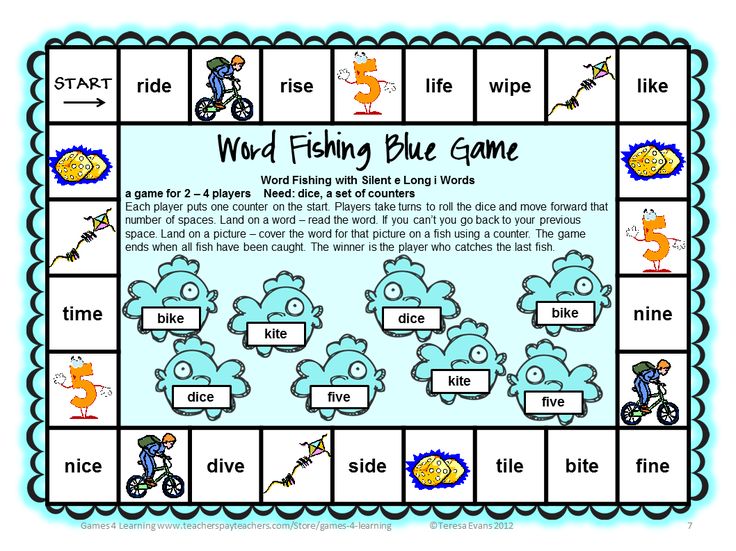
Internal age:
Data processing. ..
..
Psychological age: what it is and what it says
- A person is as old as he looks!
- Come on, they don't live that long...
Age is, perhaps, one of the most relevant topics for every person throughout life. Teenagers are willing to drink, smoke, and go out of their way to appear adults. However, at the same time, with some apprehension, they are waiting for their 18th birthday. Especially if they could not enter the university and are fit for military service for health reasons.
Unfit for health reasons, even for walking up the stairs, pensioners hear the sacramental “well, what can you do, age” from all doctors in a row. Girls and women throughout their lives strive to “lose” themselves a few years, and are ready to spend a lot of time and money on cosmetologists for this.
And many really manage to look noticeably younger than their passport age. And if at the same time you also play sports, the biological age of the body will always be less than the passport one. Let us clarify that biological age refers to the degree of morphological and physiological development and/or deterioration of the organism.
Let us clarify that biological age refers to the degree of morphological and physiological development and/or deterioration of the organism.
However, in addition to the passport and biological, there is also the so-called "psychological age" of the individual. Our program "Self-Knowledge" and the course "Human Psychology" will help you to understand yourself thoroughly. When passing the course, we recommend that you pay special attention to lesson 5 "Psychology of development". In the meantime, let's talk about the characteristics of psychological age.
What is "psychological age"?
Psychological age is commonly understood as a person's ability to realize his "I" in the world around him, a person's subjective feeling of his age, the correspondence of a person's actions and behavior to socially expected patterns for his age.
Simply put, if you sincerely believe that your age and what you should be doing at your age is solely a problem of the conservative thinking of others, you are very young at heart.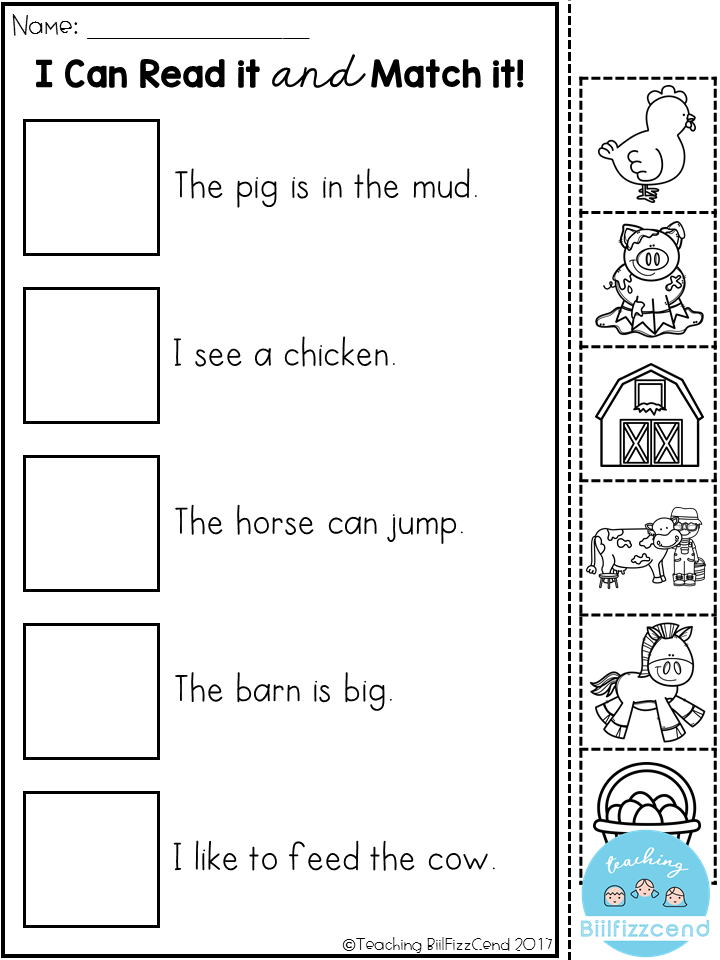 If you are clearly sure that modern music is no good, today's cinema has fallen below the baseboard, and "it's cold in sneakers in winter" - with a high degree of probability your psychological age is older than your passport. Of course, unless you recently celebrated your 80th birthday and live somewhere in the Arctic.
If you are clearly sure that modern music is no good, today's cinema has fallen below the baseboard, and "it's cold in sneakers in winter" - with a high degree of probability your psychological age is older than your passport. Of course, unless you recently celebrated your 80th birthday and live somewhere in the Arctic.
In most concepts, socio-psychological age and its definition, one way or another, are tied to the topic of real and biological age. In other words, scientists first try to build a certain chronology and periodization of a person’s life based on one or more signs, and only then figure out whether a person in his current state is psychologically “above” or “below” the mark of biological or real age.
In Russian psychology, the problem of psychological age is most thoroughly considered in the works of teacher and psychologist Lev Vygotsky (1896-1937) [L. Vygotsky, 2016]. The main area of his scientific interests was child psychology, so he was worried, first of all, how to determine the psychological age of a child.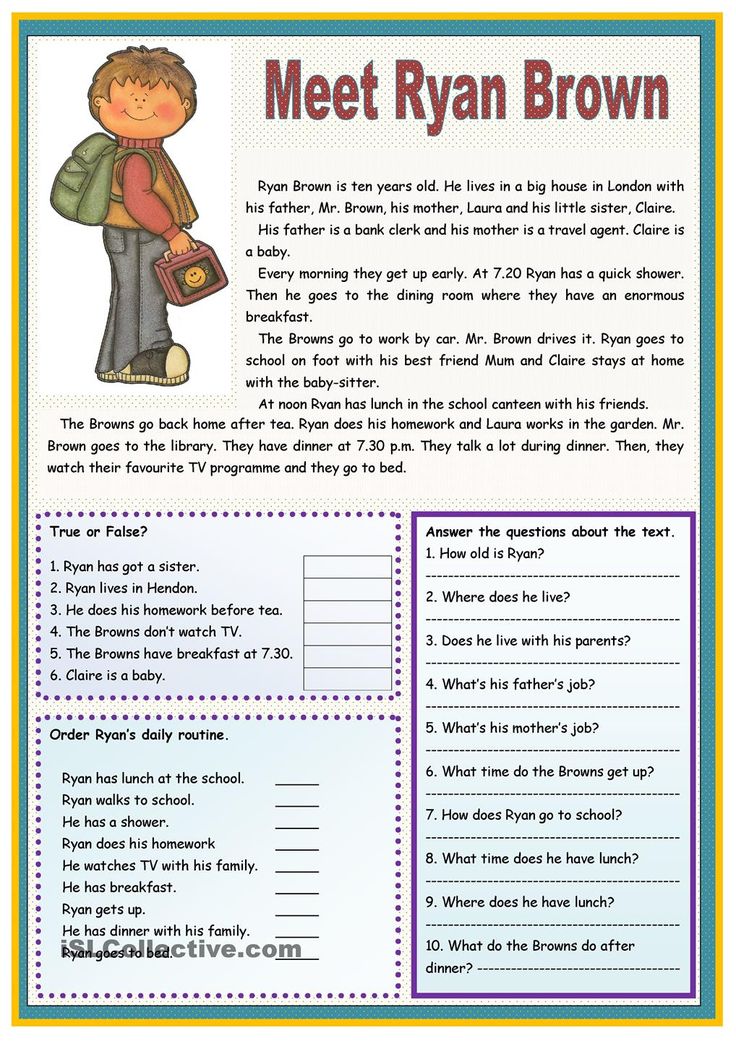 Vygotsky presented his periodization and period-related features of childhood, on the basis of which psychological age should be determined:
Vygotsky presented his periodization and period-related features of childhood, on the basis of which psychological age should be determined:
Orientation facilitates the presence in the classification of certain "Rubicons" in the form of crises of one age or another. We will not go into the essence of crises within the framework of our topic, but in the context of the problem under study, we will clarify that by the presence or absence of a crisis in Vygotsky's classification, one can determine whether a child has passed to the next psychological age or not yet.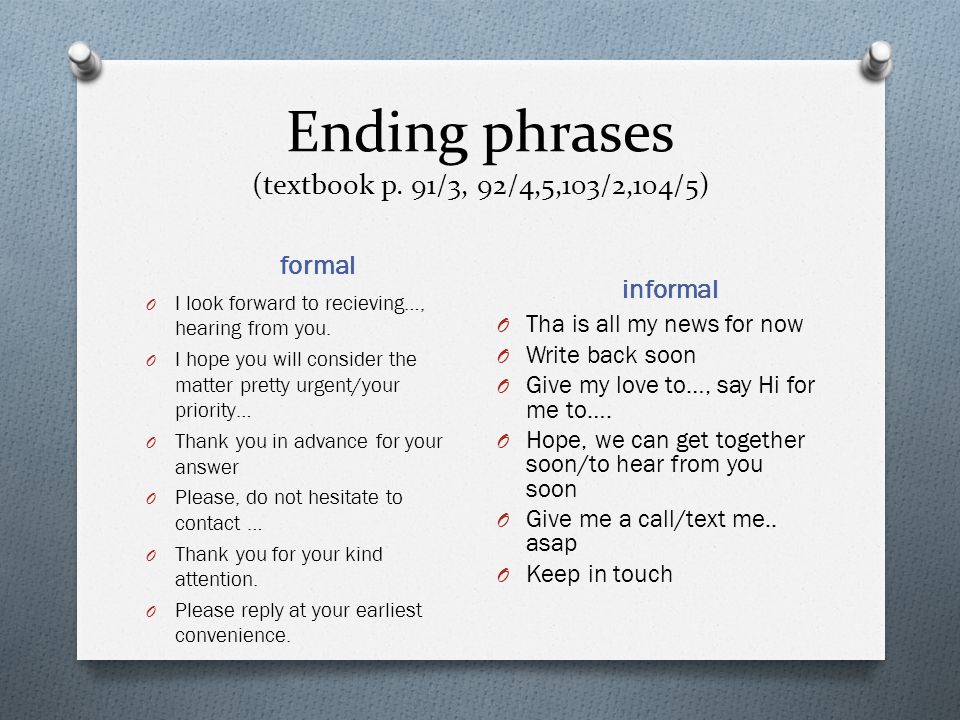
In general, Vygotsky defines psychological age as an integral dynamic structure. In his understanding, psychological age is the correspondence to one or another stage of development. The criterion for distinguishing the age stages of development should be internal in relation to the actual development of the child, and such a criterion should not be reduced to any one indicator. At a minimum, because different factors influence the development of a child, and the value of one or another factor changes over time.
In the works of scientists of a later time, the periodization of childhood and adolescence is usually tied to the preschool, primary school, middle school and senior school period, but the classification of adult age has long caused much more disagreement among scientists. The most obvious difference in the views of scientists looks if you read the textbook "Psychology of Development and Developmental Psychology" [I. Nosko, 2003].
So, you can come across the idea of dividing the “adult” period of life for 3 stages:
There have been attempts to present a separate periodization for men and women:
In ancient times, when there was no universal secondary education, people were more romantic. Thus, the ancient Greek philosopher and mathematician Pythagoras (570-490) saw age periods as seasons [I. Surikov, 2013]. In his understanding, from 20 to 40 years a person has summer in his life, and from 40 to 60 years - autumn.
The views of foreign scientists on the problem of psychological age are interesting. Thus, psychologist and psychoanalyst Eric Homburger Erickson (1902-1994) singled out 8 main periods of a person's life and 2 main characteristics for each period, the balance of which determines the age characteristics of the personality [E. Erickson, 1996].
Erickson, 1996].
Age periodization (according to Erickson):
Simply put, how many people, so many opinions. The official classification of age periods in different countries is tied more to legal nuances than to the biological or psychological characteristics of a person. So, there is the concept of adulthood, when a person is fully responsible for his actions and has all the rights of a citizen of the country, including the right to vote in elections.
There is a concept of retirement age, and it, again, does not depend on the real state of people's health, but on the ability of the state to fill the pension fund with funds.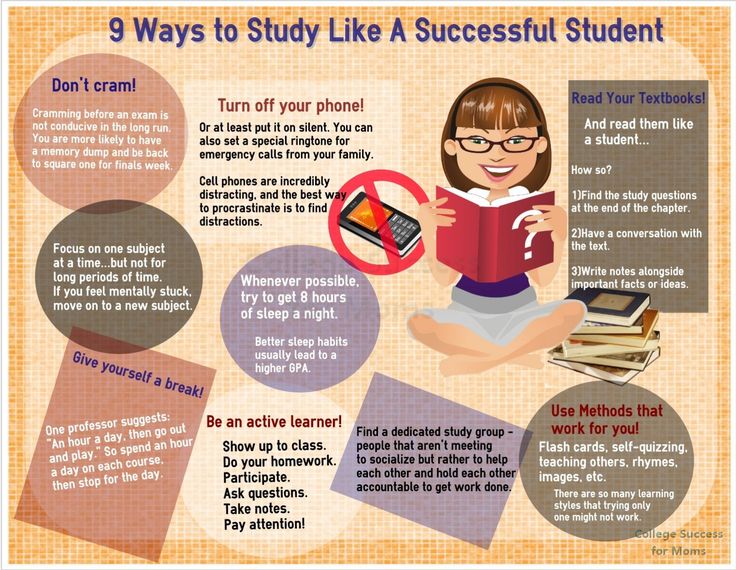 That is why the retirement age is constantly being raised, and not only in Russia. For convenience, we will focus on the official classification of ages adopted by the World Health Organization [WHO, 2020].
That is why the retirement age is constantly being raised, and not only in Russia. For convenience, we will focus on the official classification of ages adopted by the World Health Organization [WHO, 2020].
Age periodization WHO:
However, even these boundaries are very conditional. Especially when it comes to mental age. One way or another, through many years of observation and research, scientists have identified the most general patterns inherent in the development of a person in general and the psychology of a particular age in particular.
This makes it possible to assess what qualities are most inherent in a person, and, based on this, determine the psychological age of a person. Why define it? Scientists are firmly convinced that quite specific things in your life depend on what age you feel.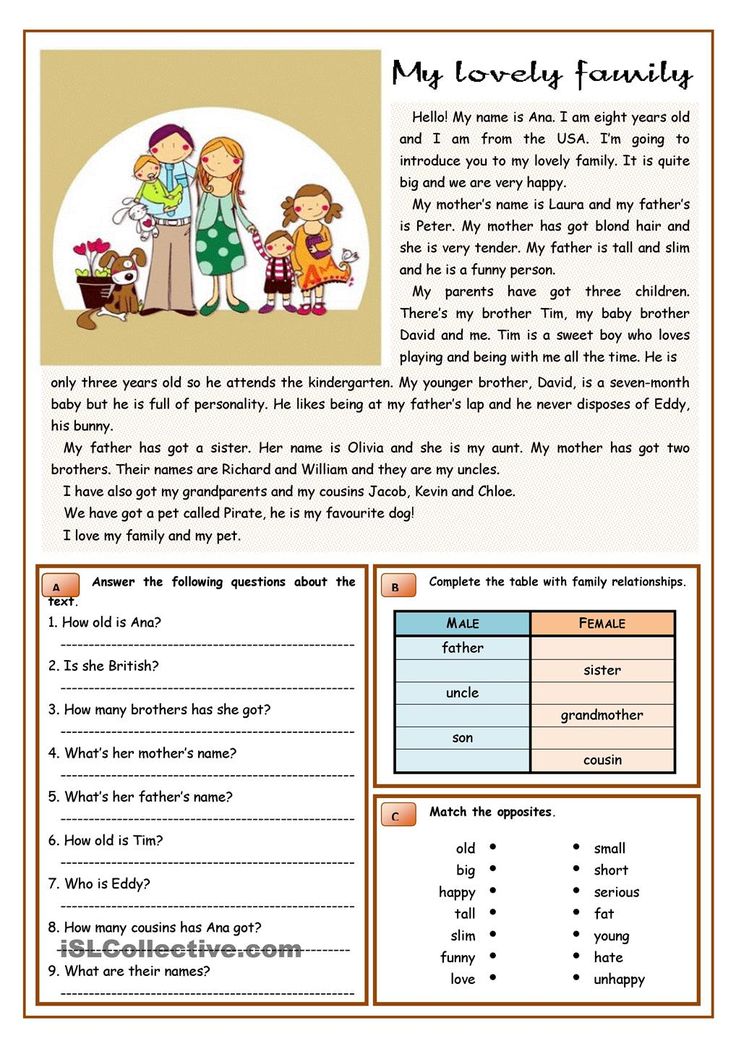 And this is not only fashionable clothes and modern gadgets, but also the real state of health [E. Komissarov, 2021].
And this is not only fashionable clothes and modern gadgets, but also the real state of health [E. Komissarov, 2021].
Thus, scientists came to the conclusion that people who feel younger than their age are actually physically healthier and more ready to learn new knowledge than their peers who feel their age. The pattern was discovered a long time ago, but researchers still argue about the causal relationship of phenomena.
Someone believes that a younger mental age contributes to a more active lifestyle, and hence better health and a better state of mental abilities. And someone believes that well-preserved health and well-developed cognitive skills just make a person feel younger than his age.
We venture to suggest that both processes are quite closely interconnected and interdependent. And, of course, they affect the feeling of one's age by the person himself. But in order to figure out in which cases the psychological age corresponds to the passport or biological, and in which it lags behind or ahead of it, we need to have a guideline, which psychological characteristics formally correspond to a particular age.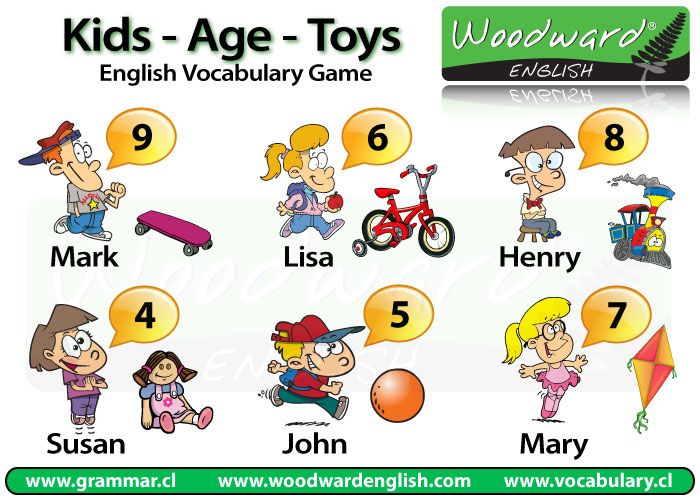 We all come from childhood, so let's start with the smallest.
We all come from childhood, so let's start with the smallest.
Psychological characteristics of preschool age
In the first months of life, the little ones have only two tasks: to eat well and sleep well. From the point of view of psychology, older children are more interesting. In the first years of life, the baby goes through a colossal path of development from the simplest reactions to cold, hunger, heat, thirst, attempts to independently perform some actions to the ability to interact with his immediate environment, parents, brothers, sisters, other children and adults, express emotions and “give out” socially expected behavior.
Nevertheless, throughout this wonderful period of life, some common psychological characteristics of preschool children persist. It is not for nothing that the phrases “naive, like a child”, “stupid, like a small child” and other achievements of folk wisdom have gained stability in the Russian language. A preschooler, due to his level of development, cannot adequately assess the entire adult world and even the childish one that surrounds him.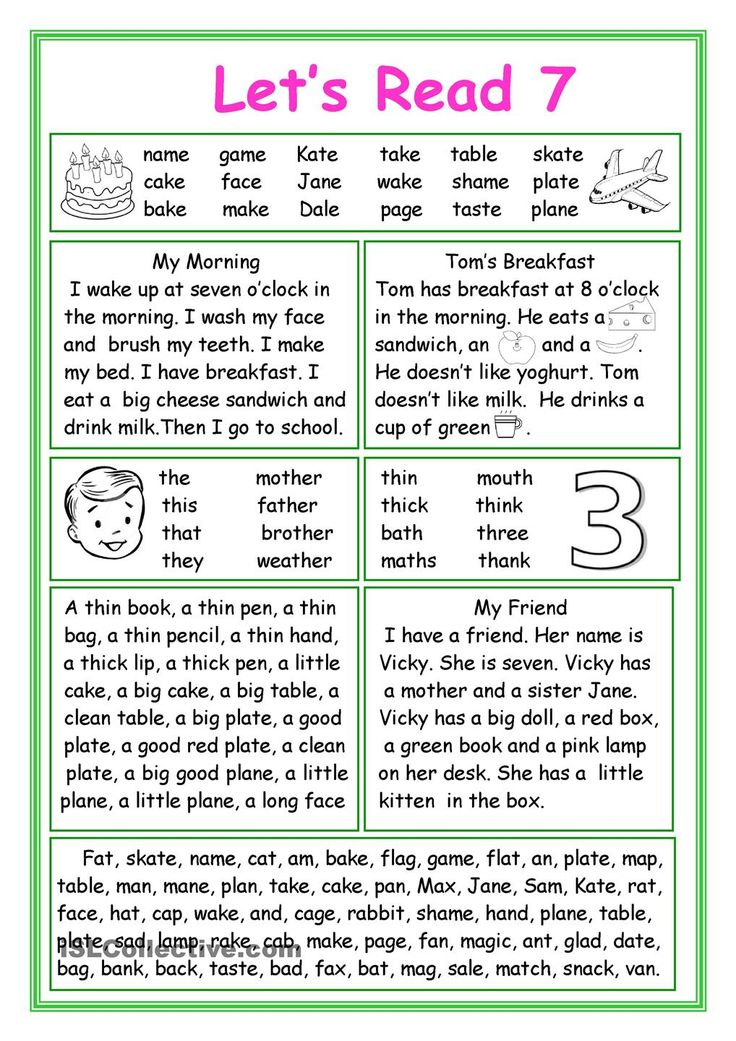 Some adults can't either, but that's not the point here.
Some adults can't either, but that's not the point here.
Of course, children have their own characteristics and differences. So, girls are more prone to communication and intrigue, boys are more likely to solve their little problems on their fists. There are more nimble children who grasp literally everything on the fly: from numbers and syllables to pirouettes in acrobatics and complex dance movements, and there are slower children who find it difficult to concentrate and understand on the first try what they want from them.
However, it would never occur to anyone to demand that a preschooler independently take up, say, learning English or draw up a football training schedule, where he will purposefully work out the strength and accuracy of hitting the ball, reaction speed, the ability to run fast, and so on. For any useful action, whether it is learning English, cleaning up toys or making a bed in the morning, the child needs to be stimulated and controlled at first.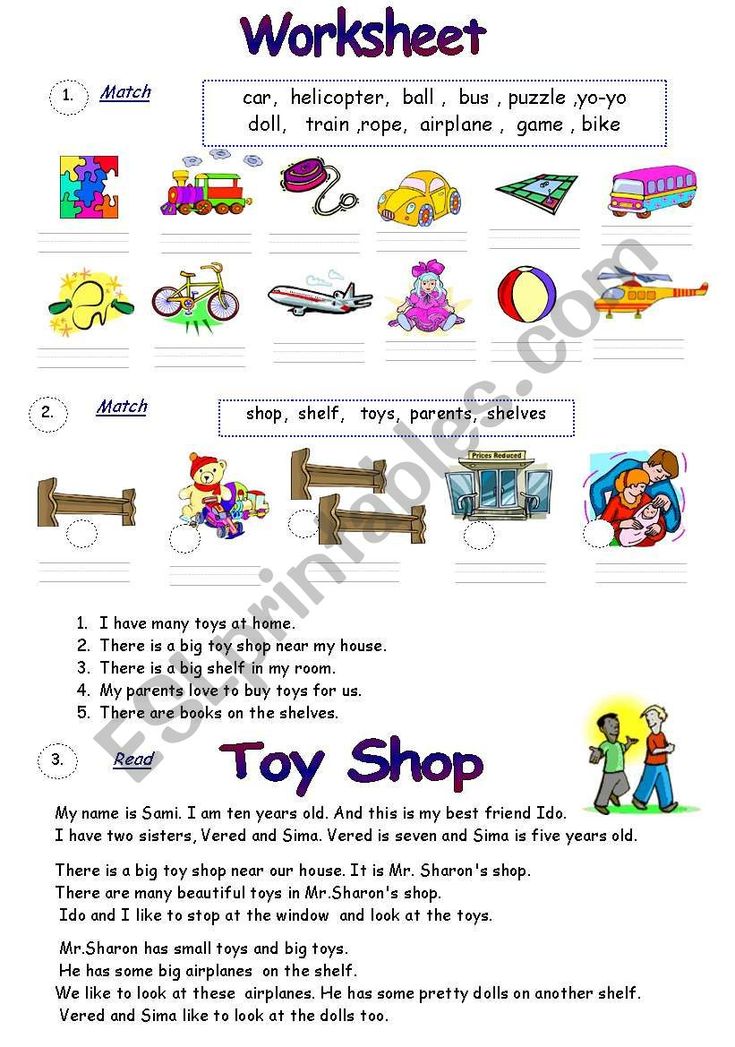
Any new skills are best learned by young children in a playful way, and the prevailing format is implicit learning that occurs without special awareness of what exactly needs to be learned or mastered at the moment. Such unawareness is a hallmark of preschool children.
This applies to learning something new, and imitating the behavior of adults, and, in principle, most of the actions of a child. This is where the expression "childish spontaneity" comes from. Even remembering what can and cannot be done, in most cases the child's reactions are immediate and for the time being, not distorted by society.
The psychological development of the age up to 6-7 years is characterized by the child's concentration on his own needs and momentary needs. This can be seen in its most extreme form in shopping malls, with children throwing tantrums shouting "Buy!" and want!"
And even calm, balanced children at this stage of development cannot objectively comprehend and analyze certain abstract concepts on their own. For example, that mom does not have money for a toy. This is a whole science, how to explain to children what money is and why someone has it, and someone does not. As well as other abstract things like "what is good and what is bad." For very young children, “good” and “good for me” are perceived as identical concepts, and adults also need to work with this.
For example, that mom does not have money for a toy. This is a whole science, how to explain to children what money is and why someone has it, and someone does not. As well as other abstract things like "what is good and what is bad." For very young children, “good” and “good for me” are perceived as identical concepts, and adults also need to work with this.
You can learn more about "Psychological characteristics of preschool children" from special articles and publications [O. Kovyneva, V. Vvedensky, 2017]. And we will move on to the next stage of development of children.
Psychological characteristics of school age
Psychological reactions of school-age children are much wider than those of preschool children. Psychophysiological indicators of development for the seventh year of a child's life include, among other things, the ability of children to realize their position among peers and adults, interest in people around them, various games, and new knowledge.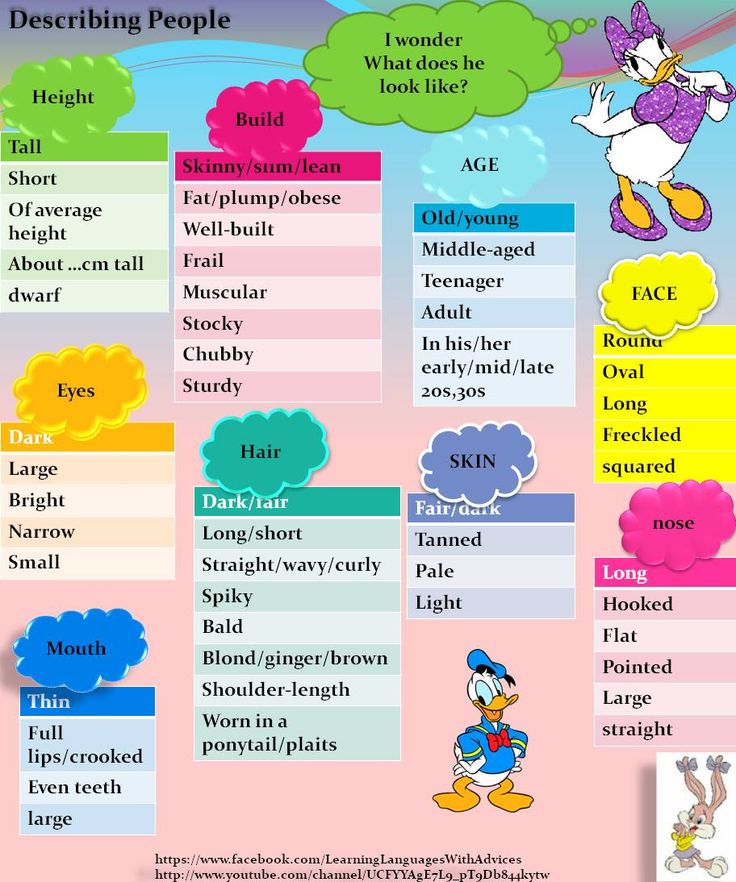 Actually, in many respects it is on this basis that the psychological readiness of the child for school is determined.
Actually, in many respects it is on this basis that the psychological readiness of the child for school is determined.
Of course, 11 school years is a long time, during which a child turns from an unintelligent “first-grader” into a person ready to choose his life path. Therefore, we consider separately the psychological characteristics of primary school age, middle and senior school age.
In the elementary grades, the child learns awareness and responsibility for the work entrusted to him, first of all, for his studies. With proper upbringing, the child himself remembers that he needs to do homework. And if you start instilling time management skills in time, in the lower grades they are already able to decide for themselves what homework to do first, in order to generally cope with the lessons faster and better. It is advisable for someone to start with the most difficult, for example, with mathematics, and leave the easier tasks for last. For someone, on the contrary, it is better to first “unload the brain” and do crafts for tomorrow's labor lesson, and only then take on complex and boring things like reading and mathematics.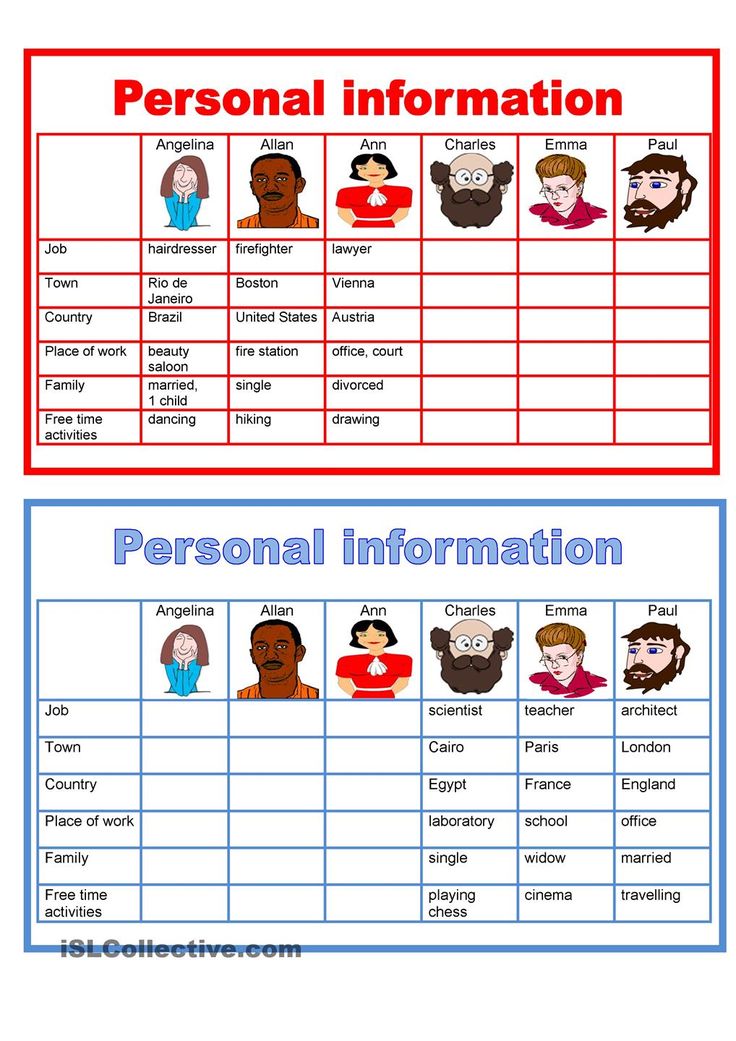
In addition, there are two parallel processes in the psychological development of the child: the desire for independence and the struggle for independence from adults, and at the same time the formation of the ability to agree on formats for interaction with teachers and parents, behavior in public places, mastering other nuances of socialization. In more detail "Psychology of children of primary school age" is disclosed in a special textbook [Yu. Vodyakha, S. Vodyakha, 2018].
In middle school age, tendencies towards self-reliance and independence become more and more widespread. The psychological characteristics of adolescence are best described by the phrase "youthful maximalism." On the other hand, teenagers continue to socialize and learn what is called the “rules of the game in the stadium”, learn to balance between “want” and “need”.
This striving of adolescents to understand and figure out why they are required to do this or that, why they should act one way or another, can be turned to the benefit of the cause if you have patience and argue your demands.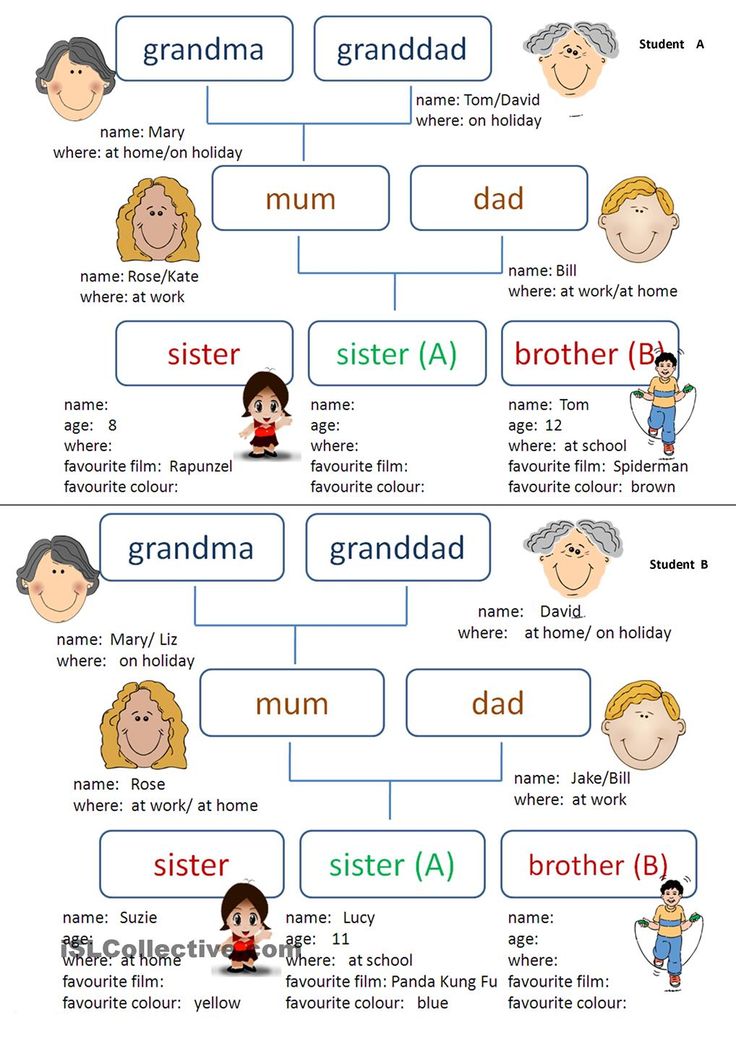 The average school age corresponds to the time of study in grades 5-9 and is, as it were, a transitional period from childhood to adolescence. “Psychological characteristics of middle school age” are described in more detail in an article specially dedicated to this topic [E. Shapkina, S. Shchelina, 2015].
The average school age corresponds to the time of study in grades 5-9 and is, as it were, a transitional period from childhood to adolescence. “Psychological characteristics of middle school age” are described in more detail in an article specially dedicated to this topic [E. Shapkina, S. Shchelina, 2015].
And finally, senior school age. It is transitional from youth to adulthood. Teenage passions gradually fade away and give way to a more conscious choice of life interests, hobbies, friends, life path. Young people are already able to understand how their actions today determine their immediate future. They are able to consciously forego some of the entertainment in favor of preparation for entering the university.
If such transformations do not occur, and a person at the age of 16-17 has not decided what he wants to do in life, we can say that his psychological age lags behind his real one. A broader idea of this period of a young person's life is given by the article "Psychological characteristics of senior school age" [M. Ryapisov, 2015].
Ryapisov, 2015].
Psychological characteristics of adulthood
Then adulthood begins. As we have already found out, there are a lot of periodizations of the “adult” part of life. One way or another, adulthood is characterized by a reassessment of values, more structured and conscious actions. Ideally, an adult should set life goals for himself, plan his life, family, career, self-realization. If nothing like this is observed, perhaps the person is “stuck” in his psychological age, as they say, “at the disco”.
It is also possible that a person simply did not have available information on how to understand himself, how to understand himself, how to distinguish his true goals from imposed ones. Our program "Self-Knowledge" and the course "Human Psychology" help to understand oneself.
But, even in the case when a person consciously goes through life, over the years his motivation to achieve goals changes. So, while young people can retain the traits of youthful maximalism and an all-or-nothing approach for a long time, mature people are more careful in their actions and statements.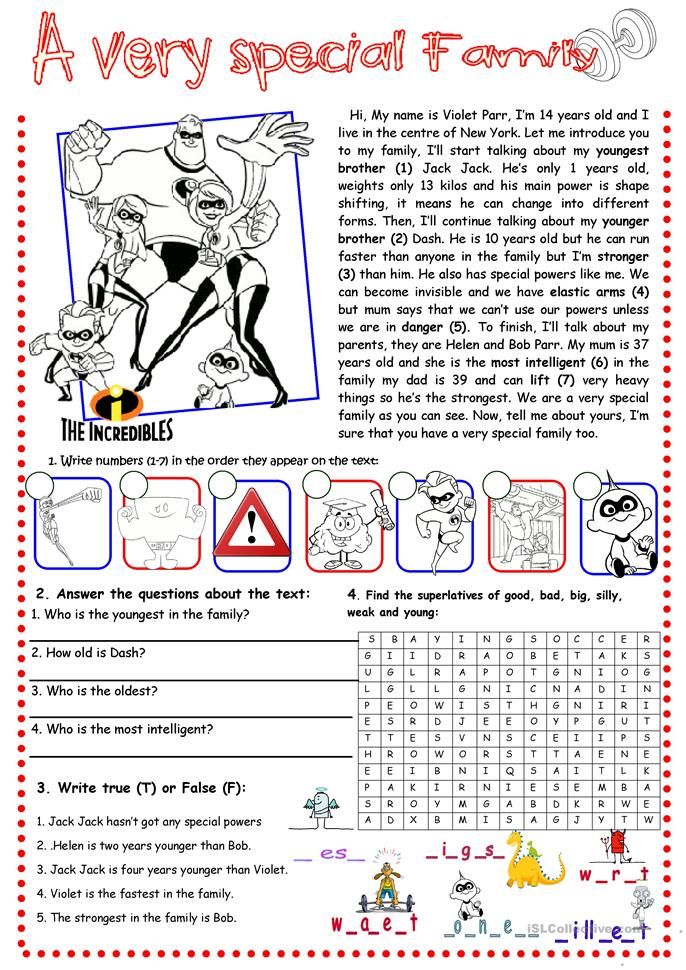
30-year-olds are very "sharpened" to achieve success in life in the way they understand it. For some, this is a high position in the public service, for some it is their booming business, someone manages to combine it, despite objections from the current legislation.
Young people aged 30+/- are ready to literally take off if a higher position or greater opportunities for business scaling are foreseen somewhere. And, while a career as a housewife is often quite acceptable for women, men usually take it hard that they have not achieved “successful success” like their peers, and look for some socially acceptable explanations for this.
There is even such a joke that if you have not achieved anything special in life, just tell everyone that "you have chosen a family." If you choose a family, we are no longer talking about any “breaking away”. True, we usually don’t talk about any achievements or self-realization either, because it’s difficult to combine ease of climbing and caring for the family in our realities.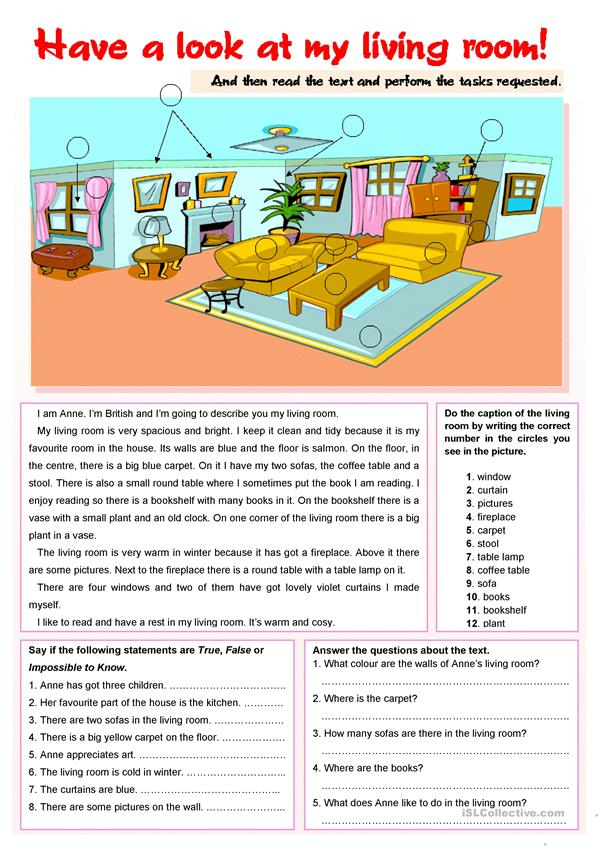
However, after 40 years, the situation begins to change slowly, and people more massively gravitate toward stability, predictability, comfort and well-being. And this happens regardless of their previous achievements or lack thereof. Someone who has been going with the flow all his life now wants to go with more comfort. And the one who was chasing the horizon understands that nothing in this life lasts forever and you need to stop in time in order to have time to enjoy life itself.
Psychological features of old age
A separate topic is old age and psychological features of older people. Let's just say that negative characteristics prevail here. Objective biological deterioration of the body closes a lot of opportunities, ranging from many types of outdoor activities and sports to the ability to learn something new. As a result, there is a decrease in self-esteem, dissatisfaction with oneself and others, claims and confidence that everyone around them owes them: the state - a large pension, doctors - constant attention, children - be sure to have grandchildren for them.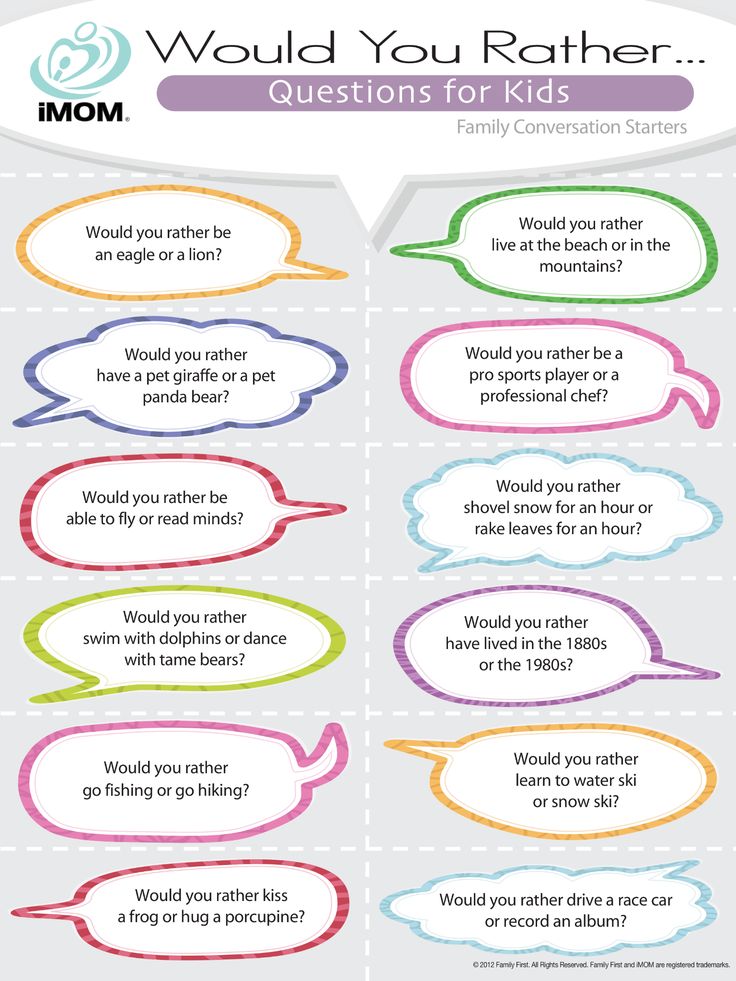
In the most severe cases, the reactions of an elderly person begin to resemble the behavior of small children in terms of egocentrism and attempts to constantly manipulate loved ones in order to achieve their goals. This, of course, is not “buy a toy”, but attempts to interfere in the lives of adult relatives with instructions on who and whom to marry, who and when to have children, whom to communicate with, whom to ignore, and so on. Needless to say, criticism of the state is practically never dried up. Criticism is justified, but unconstructive. As the saying goes, never ask what the government can do for you. Always ask what you can do for yourself and your loved ones.
More about "Psychological characteristics of the elderly" can be found in special articles and literature [K. Bozhenkova, 2016]. It is significant that most of the advice regarding the elderly is addressed not to themselves, but to those around them, who are advised to be patient and understanding. True, one can come across quite optimistic assessments of old age as “the age of creative experience” [Senior Group, 2019].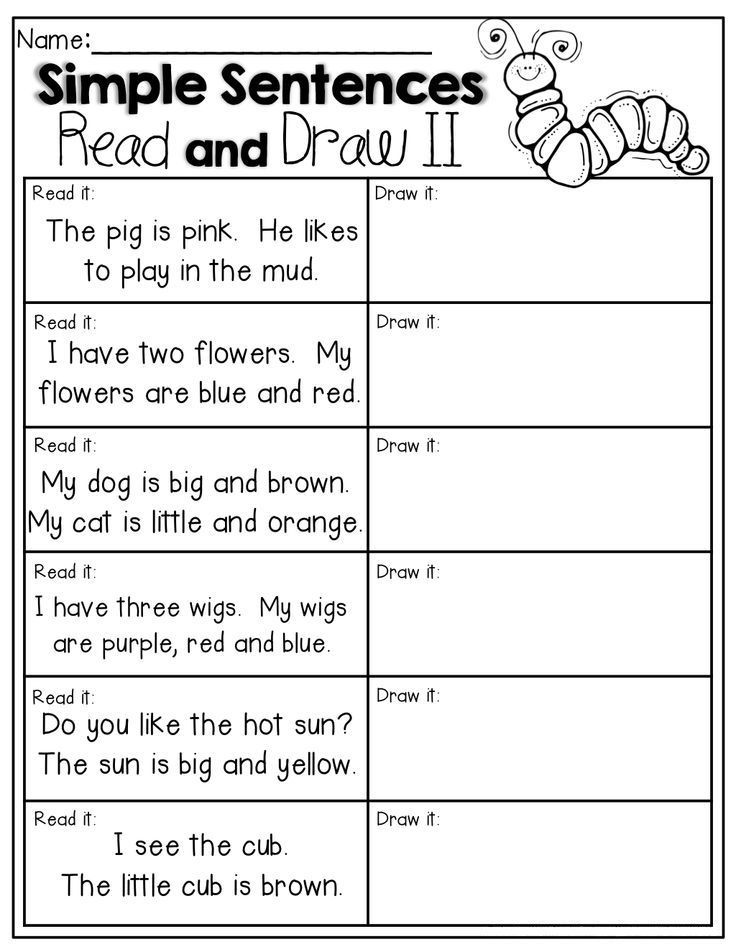
And this is completely true, because for some, the age of retirement becomes the age of new opportunities and even a new career rise and triumph. So, in 2012, Anna Kharandyuk from Ivano-Frankivsk became a media hero, who at the age of 62 decided to become (and became!) a DJ [I. Druzhuk, 2012]. Prior to this, Anna's profession had nothing to do with creativity. She has been an accountant for most of her life.
In 2018, the media spread the news that 66-year-old resident of the Nikolaev region Larisa Mikhaltsova was included in the top 100 most influential and inspiring women in the world according to the BBC [NikLife, 2018]. The inspiration for the compilers of the rating was the fact that at the age of 63 Larisa Mikhaltsova entered the modeling business and became a popular model. Throughout her previous life, Larisa taught children music and, by the way, continued to do this even after she began her modeling career.
Even more spectacular is the success of 80-year-old Sarah Paddy Jones, the world's oldest salsa dancer.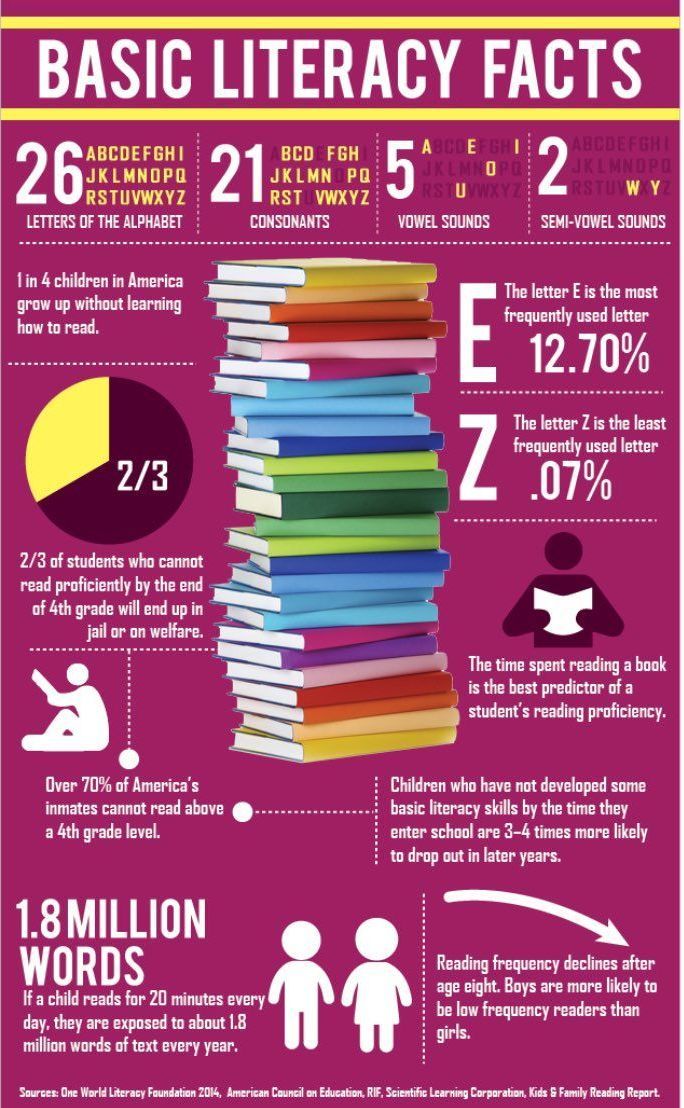 Together with her partner, she reached the final of the talent show. You can watch their incendiary dance on the official channel Britain’s Got Talent:
Together with her partner, she reached the final of the talent show. You can watch their incendiary dance on the official channel Britain’s Got Talent:
Interestingly, she began dancing professionally only at the age of 70, when her husband left for a better world, for some reason objecting to her hobby all her life. Therefore, at the age of 22 after marriage, she left dancing, and returned to her dream only after almost half a century. In 2014, this wonderful woman visited Russia, where she took part in the filming of a Formentor Production video [AiF, 2014].
I don't think it's worth explaining that in the last three cases we didn't find any psychological peculiarities of old age. What is the psychological age of these three wonderful women? We do not know for sure, but certainly less than the passport.
After we have considered the psychological characteristics of different age groups, a very important question arises. How and why does it turn out that the psychological age does not always correspond to the passport and biological age? We have already mentioned above that the boundaries of age groups are very conditional.
How and why does it turn out that the psychological age does not always correspond to the passport and biological age? We have already mentioned above that the boundaries of age groups are very conditional.
People's circumstances are very different, and children have to grow and develop in different conditions. So, a difficult childhood, the unstable financial situation of the family, the need to take care of younger brothers and sisters, to start earning money early harden a person. Teenagers who grew up in such conditions already at the age of 14-15 have quite adult judgments and an adult understanding of what they need from life and how to go about it.
At the same time, children who grew up in wealthy families can "allow themselves" to remain frivolous longer and not think too much about the future. Within reasonable limits, this, perhaps, is not bad, and, in general, contributes to the preservation of mental health.
However, here it is important for parents to make sure that children do not develop a syndrome of learned helplessness, when a person of quite mature age in his worldview differs little from a kid in a shopping center shouting “I want!” and sincerely believing that everyone around should fulfill his whims and desires.
It will be better for everyone around, including the person himself, if he leaves the role of a child in time and becomes an adequate adult. In this regard, the book "Games that people play" is very interesting [E. Bern, 2001]. It describes three roles that a person plays or can play in his life: “parent”, “adult”, “child”. As well as the possible consequences if a person for some reason begins to "confuse roles" and behave inappropriately to the circumstances.
The theme was continued in the book "People who play games" [E. Bern, 2003]. For those who are not too keen on the topic of psychoanalysis, of which there is a lot in the book "People Who Play Games", let's say that the point is not to completely abandon children's reactions of sincerity and spontaneity. Excessive every second focus on serious things that should concern an adult does not make anyone smarter, healthier or better. However, everything needs a balance.
In other words, being psychologically younger than your biological age is very good, but this should not be at the expense of your business, success in life and, in principle, the life of an adult.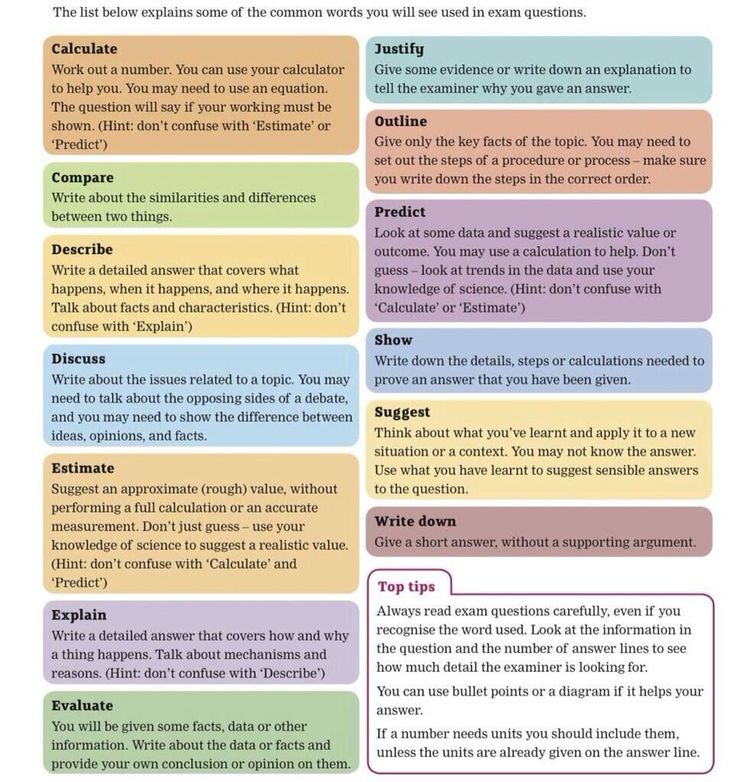 Being older than your psychological age in youth can also be good, but this should not be at the expense of the joy and fullness of life with positive emotions, accomplishments, a share of adventurism and everything that makes this life beautiful.
Being older than your psychological age in youth can also be good, but this should not be at the expense of the joy and fullness of life with positive emotions, accomplishments, a share of adventurism and everything that makes this life beautiful.
How to determine the psychological age?
Now there remains one more very important question: is it possible to somehow objectively determine your psychological age, and not just limit yourself to the subjective “I am always 17 years old in my soul”? Despite the debatability of the issue, many online publications, including those devoted to the topic of psychology, offer to determine your psychological age online.
4 tests for psychological age:


